From October the 19th to October 21st Barcelona has held a new real estate fair that aims to be a new voice within the real estate industry. During those days, Barcelona, its Metropolitan Area, and Catalonia, through the name Barcelona Catalonia, have been sharing their projects amongst the international public that attended the fair. Barcelona Catalonia has also held different debates and conferences both at the Main Auditorium and at the Innovation Arena.
The Barcelona Catalonia Conference, which took place on Friday the 21st at the main auditorium revolved around the idea of talent and innovation and how those are key factors for a stable business environment, and how Barcelona and Catalonia manage them. der the title of “Barcelona Catalonia: Talent & Innovation Hub”, the session was moderated by the associated director of the bTEC foundation Diagonal-Besòs Campus at the Universitat Politècnica de Catalunya, and the speakers were Jordi Arrufí, director of Talent & Knowledge at the Mobile World Capital Barcelona, John Derweduwe, managing Partner for Spain and Portugal at Heylen Warehouses, and Eusebi Carles, partner at capital markets offices at Cushman & Wakefield.
All the panel agreed on the fact that Barcelona and Catalonia are perfect places to locate a company and to develop its innovation projects. Arrufí argues that Barcelona is appealing to tech companies as it has rejoined “academia, the start-ups, investors and R&D centers”, creating a space where all those companies and institutions can help each other, creating a great networking environment. There’s another aspect added to it, that has been pointed out by Derweduwe, that is that Catalunya is not only the “powerhouse of Spain” but also offers “cheaper land” as well as “qualified workforce”.
Looking at the future, the three of them agreed that some changes need to be done in order to appeal to more companies and their workers. For Carles, it is essential to make the “office more attractive”, incorporating more “collaborative spaces”. Ironically the lack of them during the pandemic is what made companies realize their great value of them.
THE OPPORTUNITY TO SHARE OUR PROJECTS WITH THE INTERNACIONAL PUBLIC
On top of the Barcelona Catalonia Conference, the different Barcelona Catalonia partners had a space at the Innovation Arena to present their main projects on the real estate sector, and how it is interesting for the international public to invest in Barcelona, its metropolitan area, and Catalunya.
The mayor of Esplugues de Llobregat, Pilar Díaz, presented the main developing sectors of the city, a growing city next to Barcelona and the main communication facilities. Those sectors, Porta Barcelona, el Gall and ARE Montesa, are perfect both for economic activity and residential land, with a special focus on the hospitality sector.
The mayor of Cerdanyola del Vallès, Carlos Cordón, and Joaquim Maria Vidal, from INCASÒL’s sales department, presented the Parc de l’Alba, a growing sector at Cerdanyola del Vallès with both residential and economical land. It is a great sector for innovation and technological infrastructures, as it is located next to research hubs such as the Alba synchrotron and Universitat Autònoma de Barcelona. It is also next to AP-7, the main road connecting south Spain with Europe, and no further than 20 minutes from the main communication facilities.
Finally, Albert Dalmau, manager of Economy, Resources, and Economic Promotion at the Barcelona City Council presented Barcelona’s Green Deal, an ambitious plan to transform the city towards a more sustainable and appealing place, starting with seven strategic areas. The idea is to pacify those areas, rehabilitating old buildings and creating more green spaces integrated with the city and its architecture.
SYNERGIES
During the celebration, more than 380 international experts met and shared the major unknowns, challenges and trends facing the industry today and provided useful responses to address these unknowns.
On the other hand, they had more than 250 exhibition signatures presenting their real estate projects. Thus, international investors were able to know at first hand the real estate assets that will mark the future of investments. Several networking activities took place to boost the real estate business. There was a unique program of Premium meetings to encourage synergies.

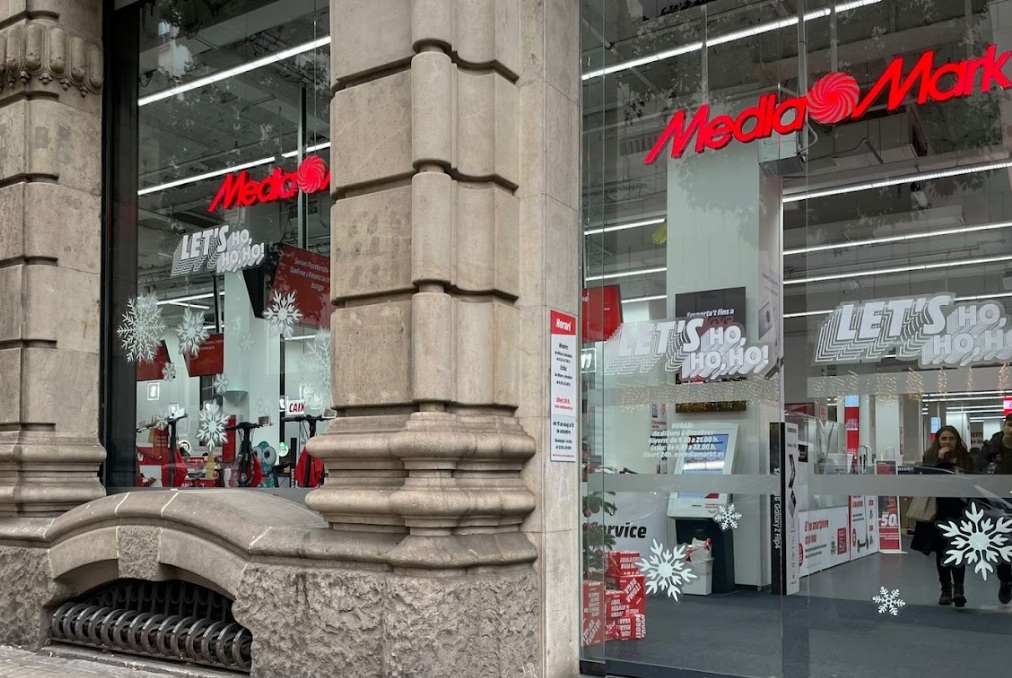
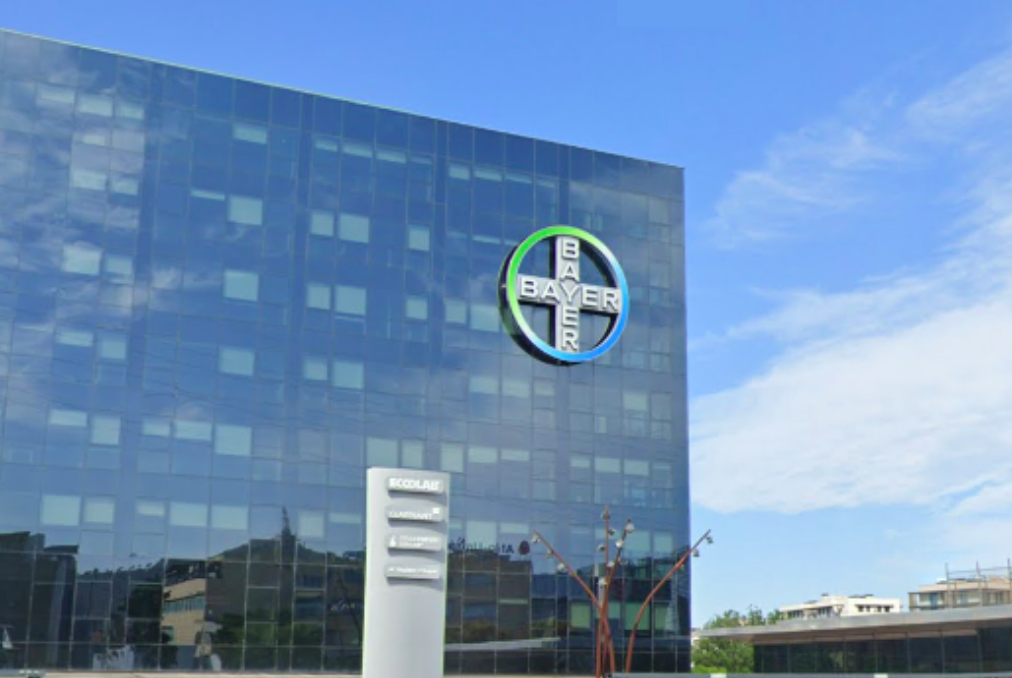
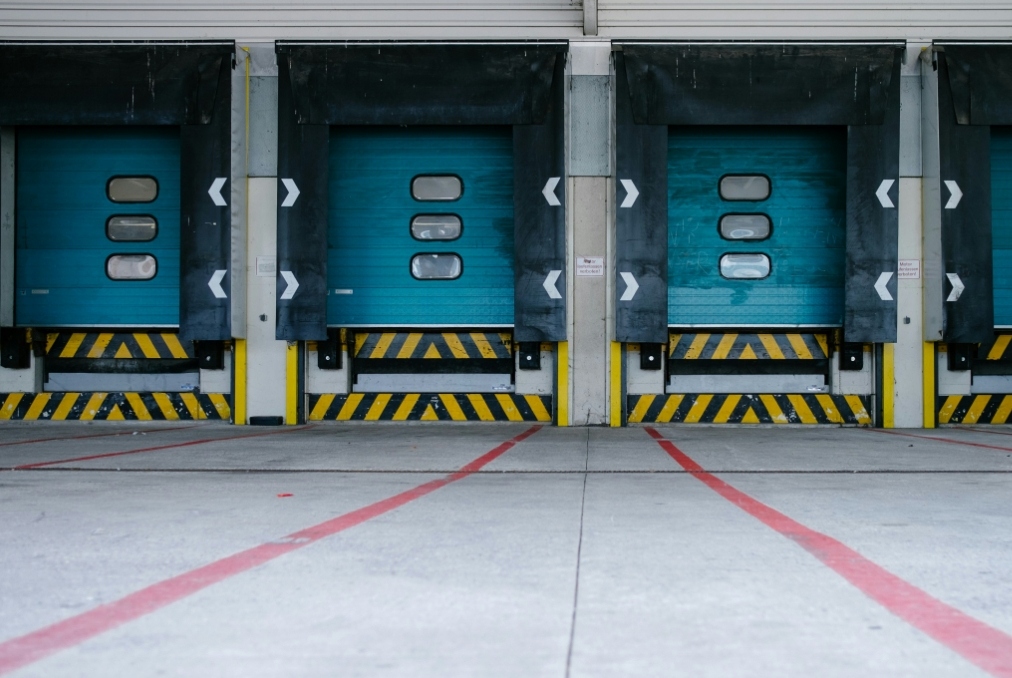
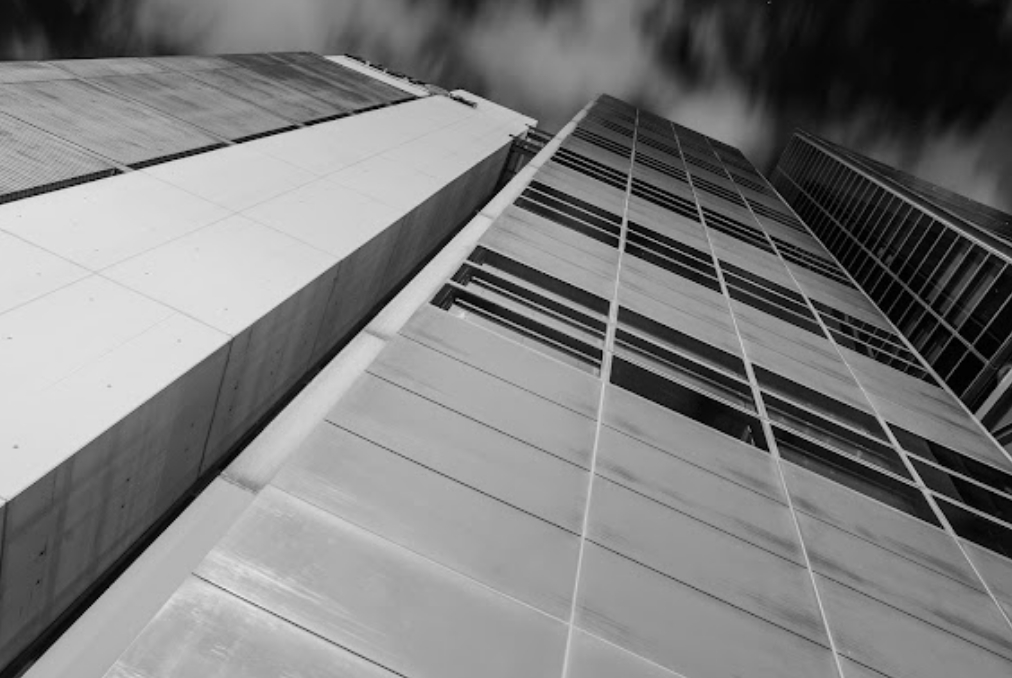
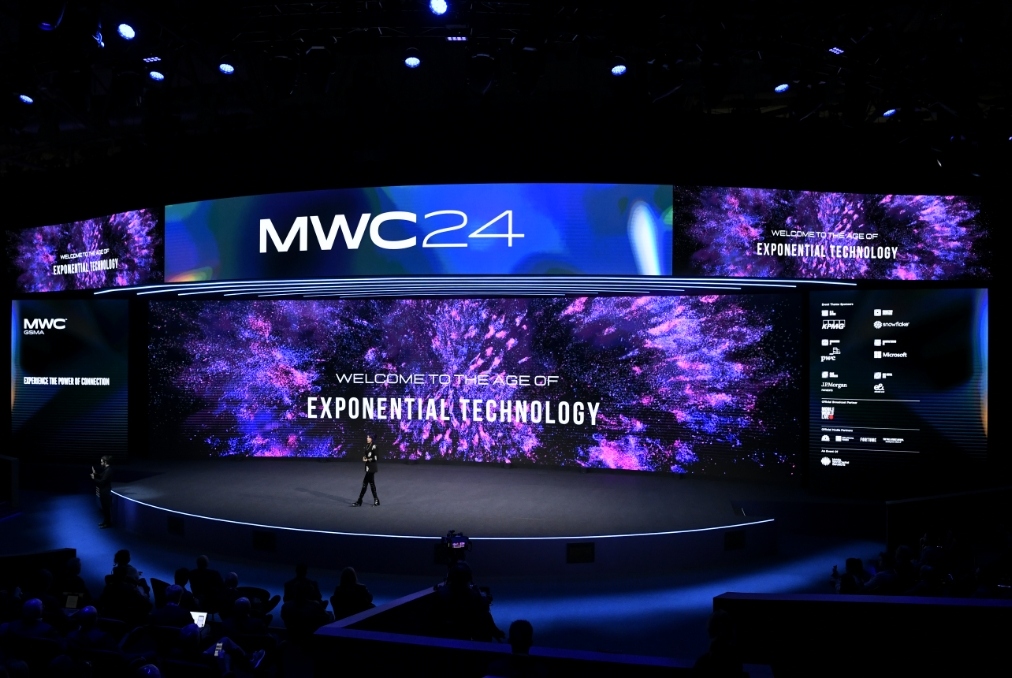
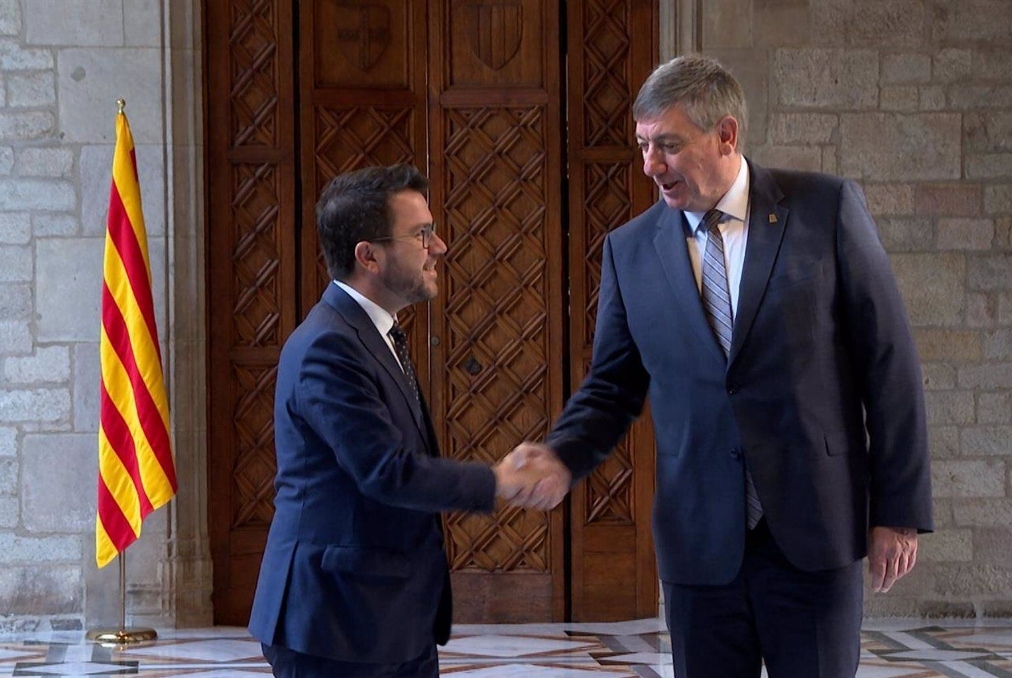

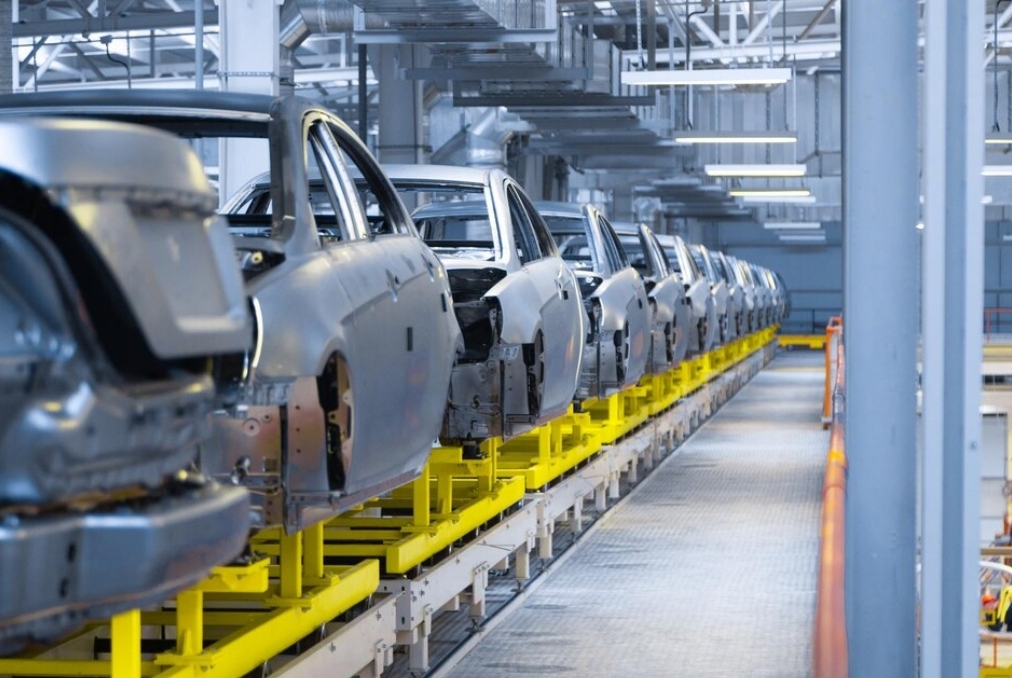
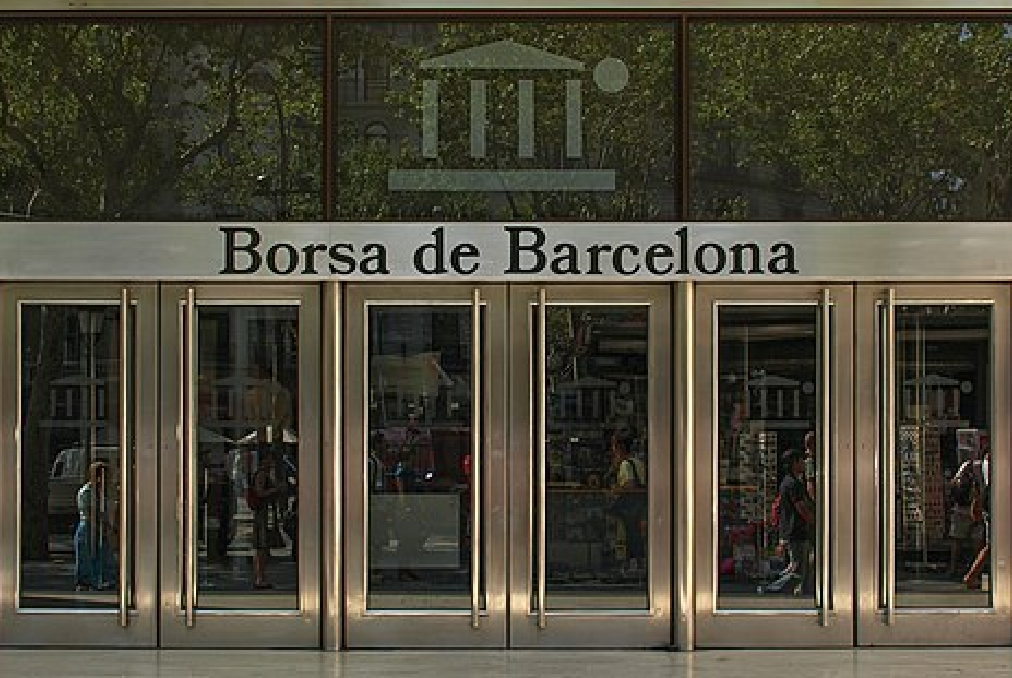
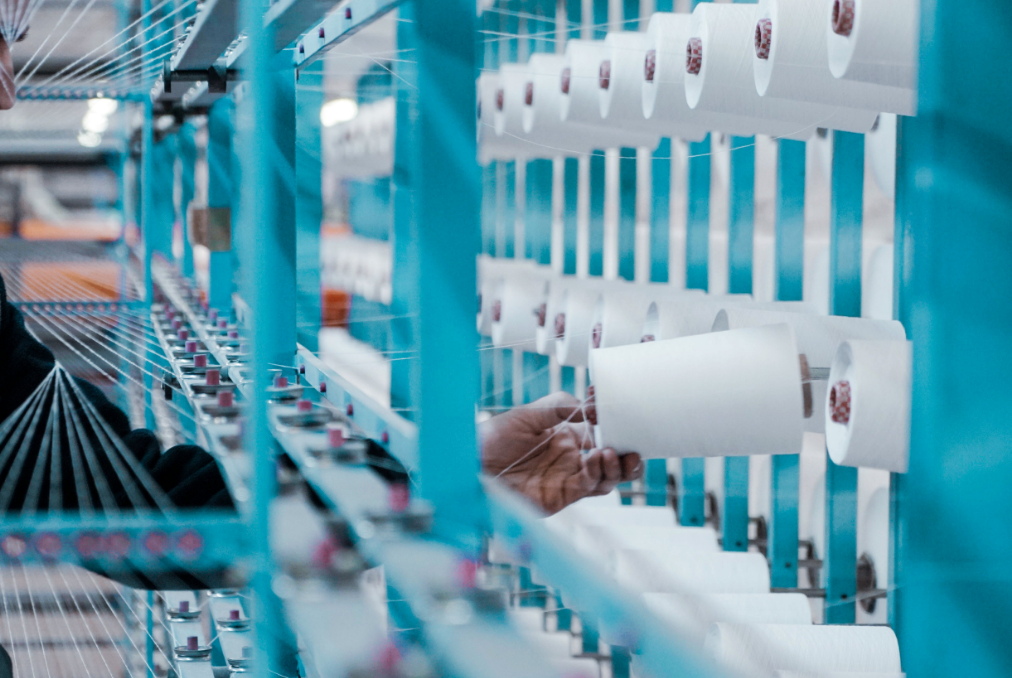
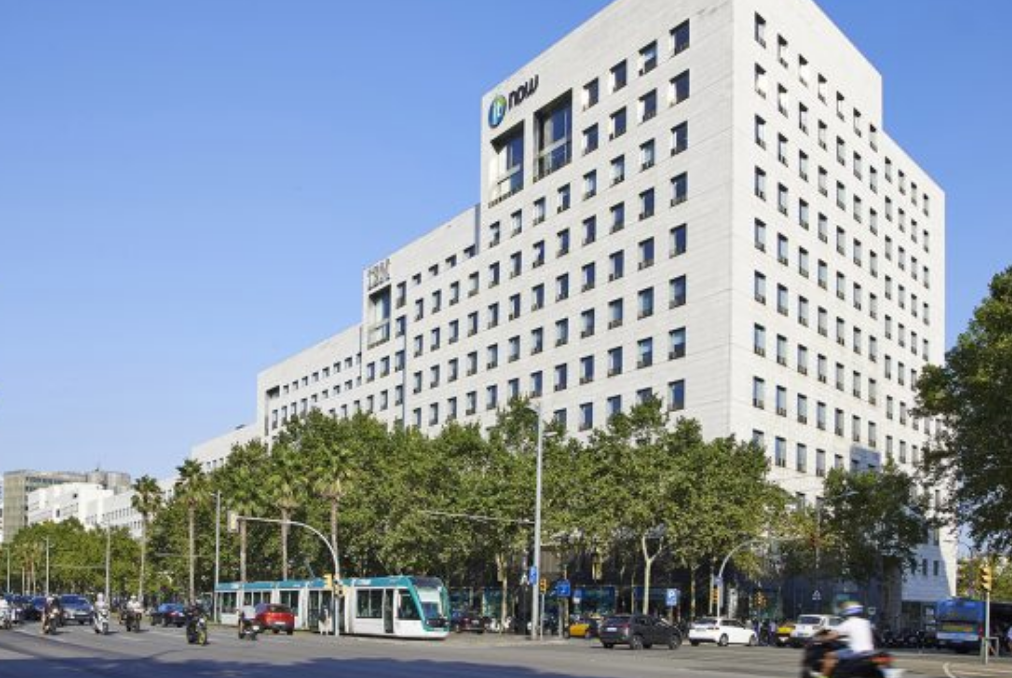
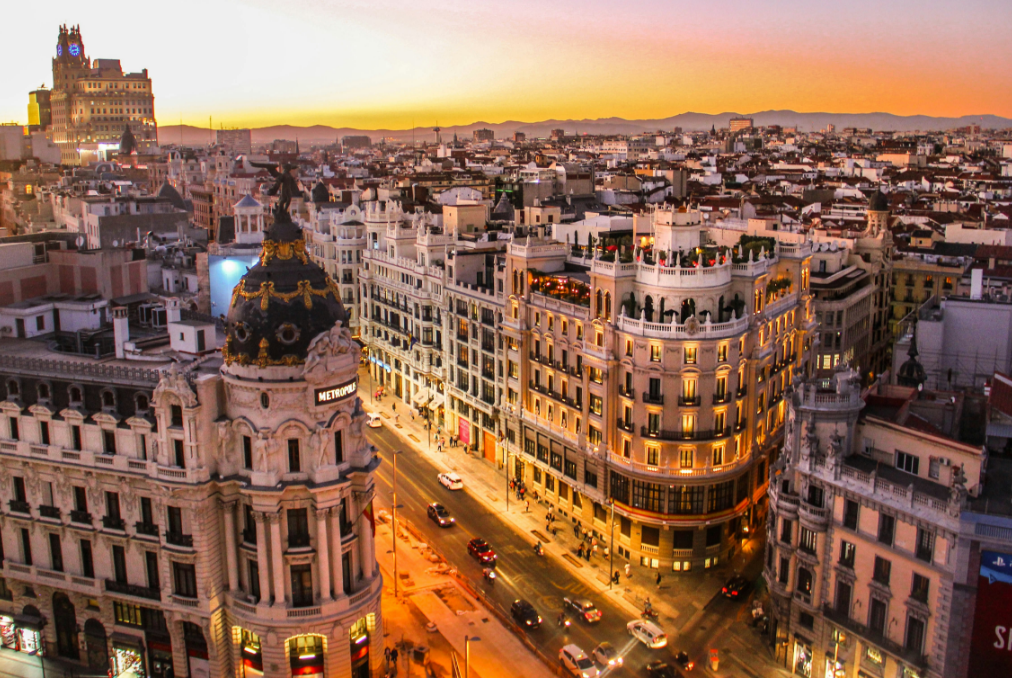
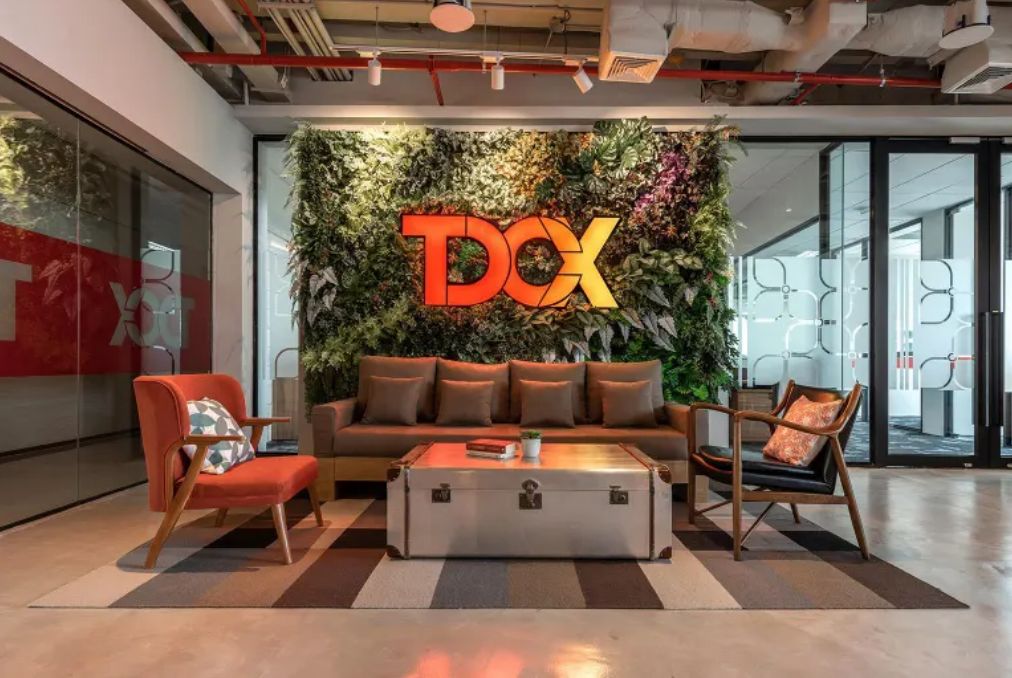
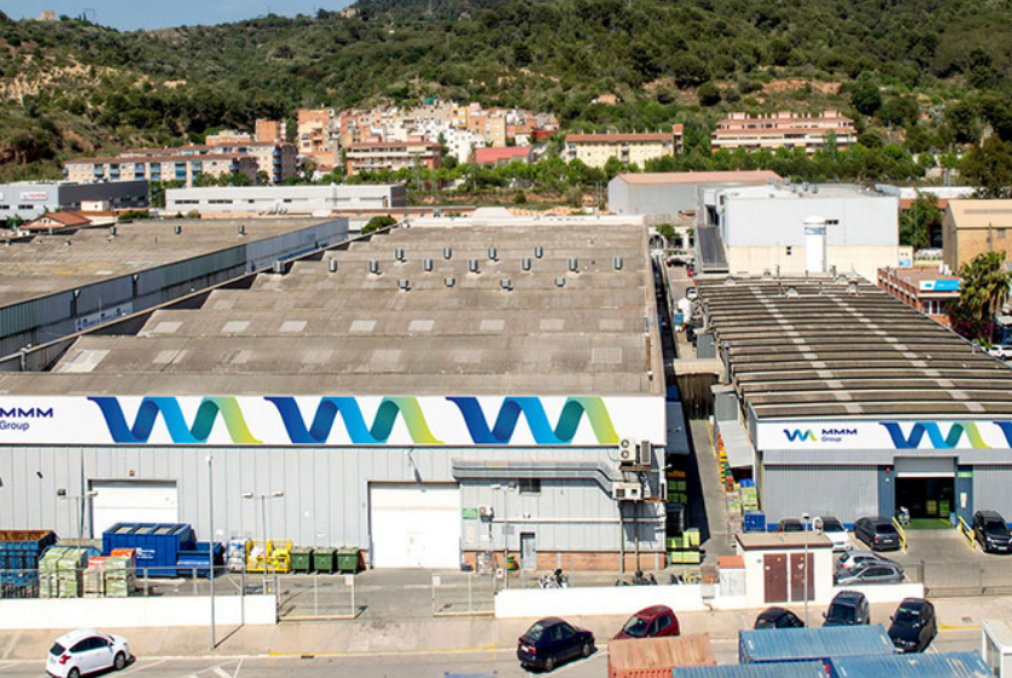
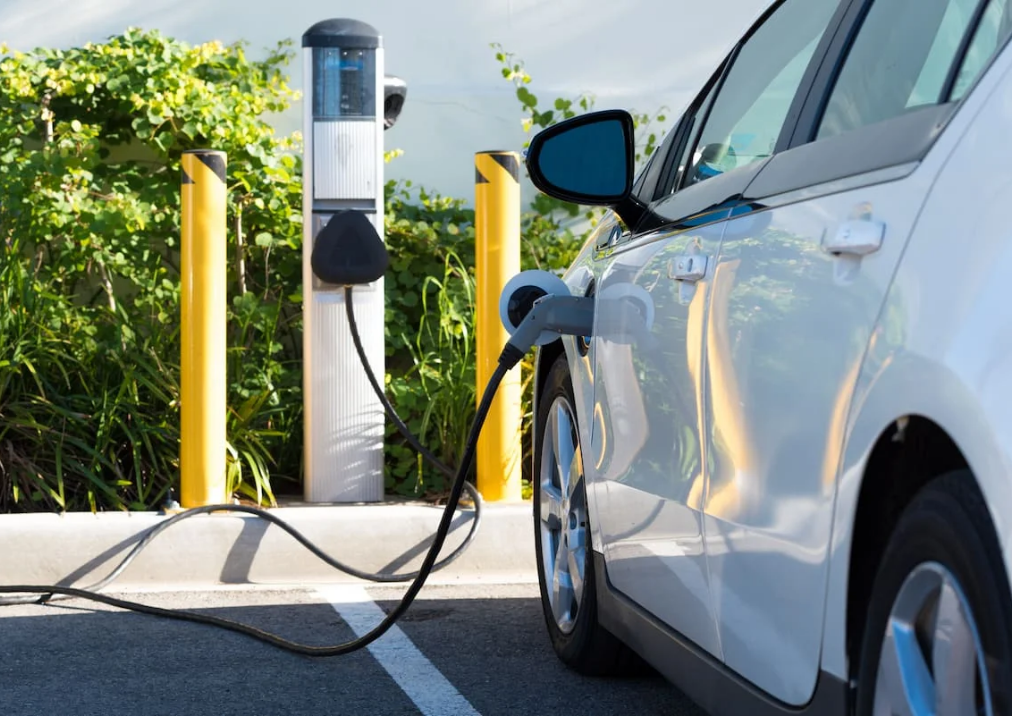
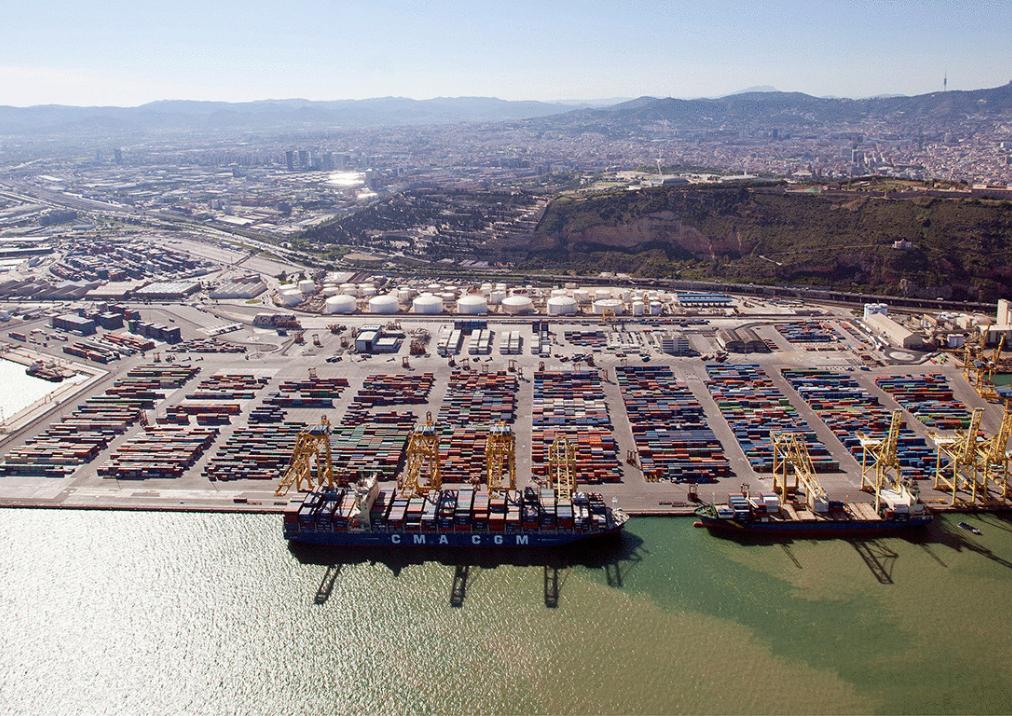

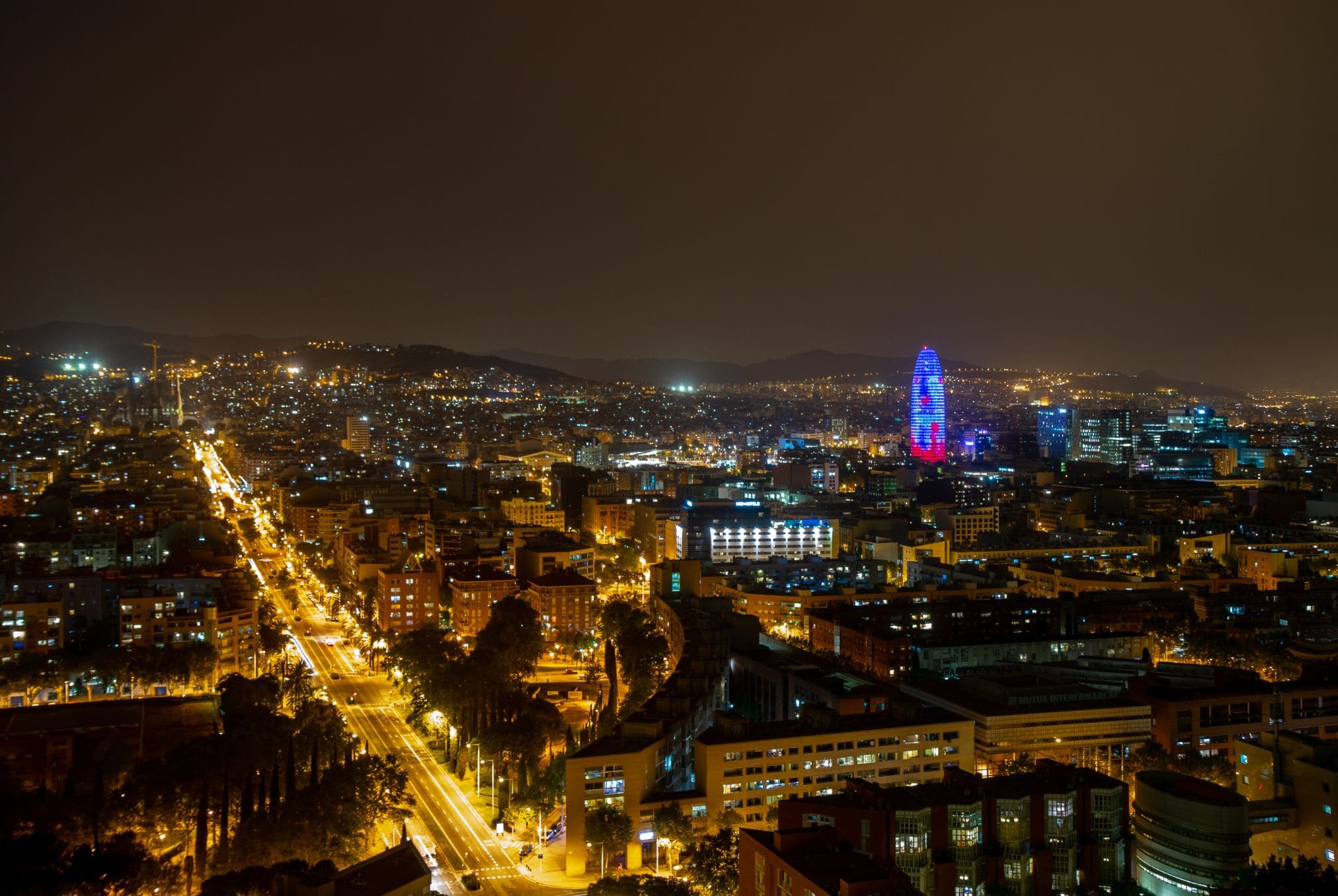
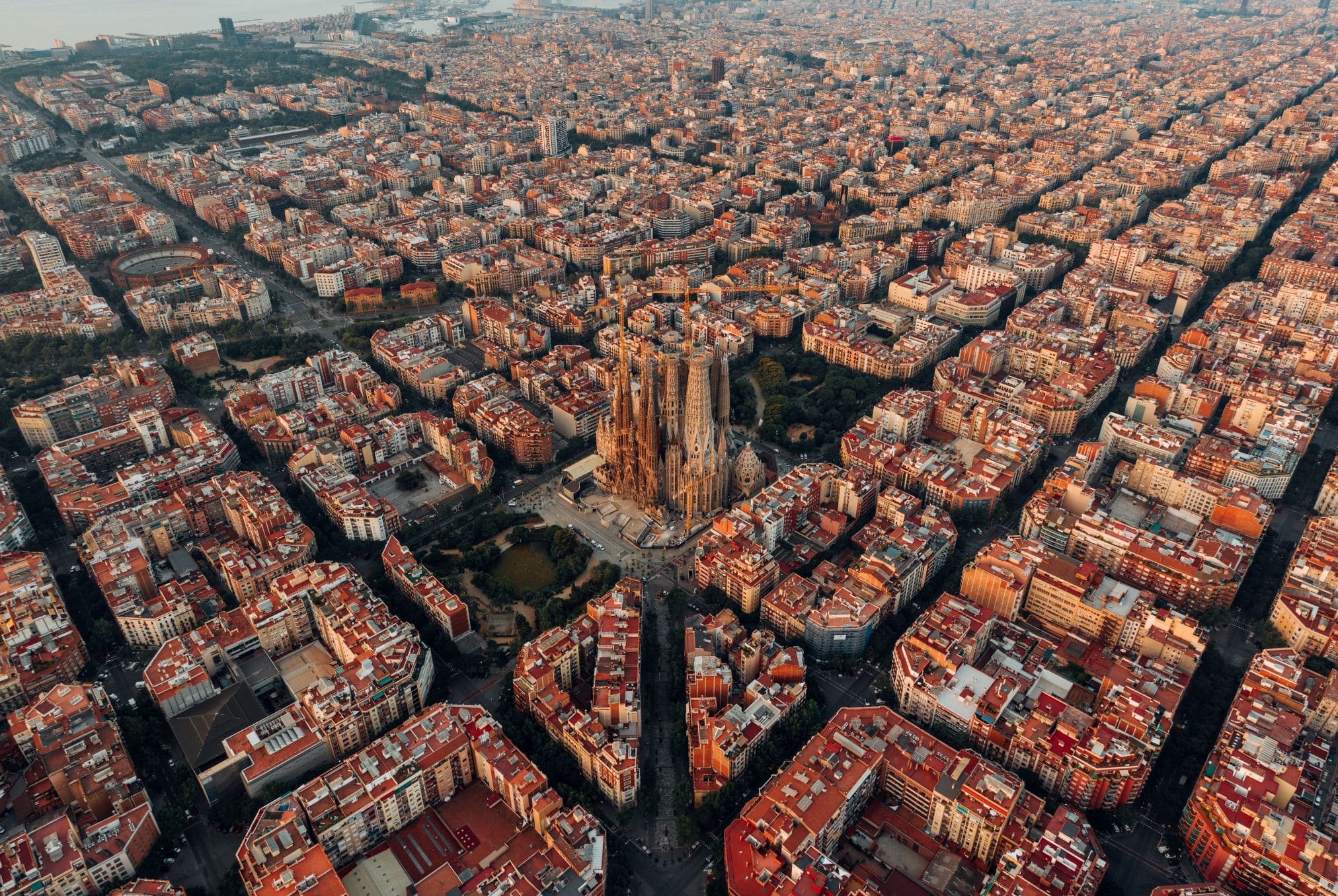

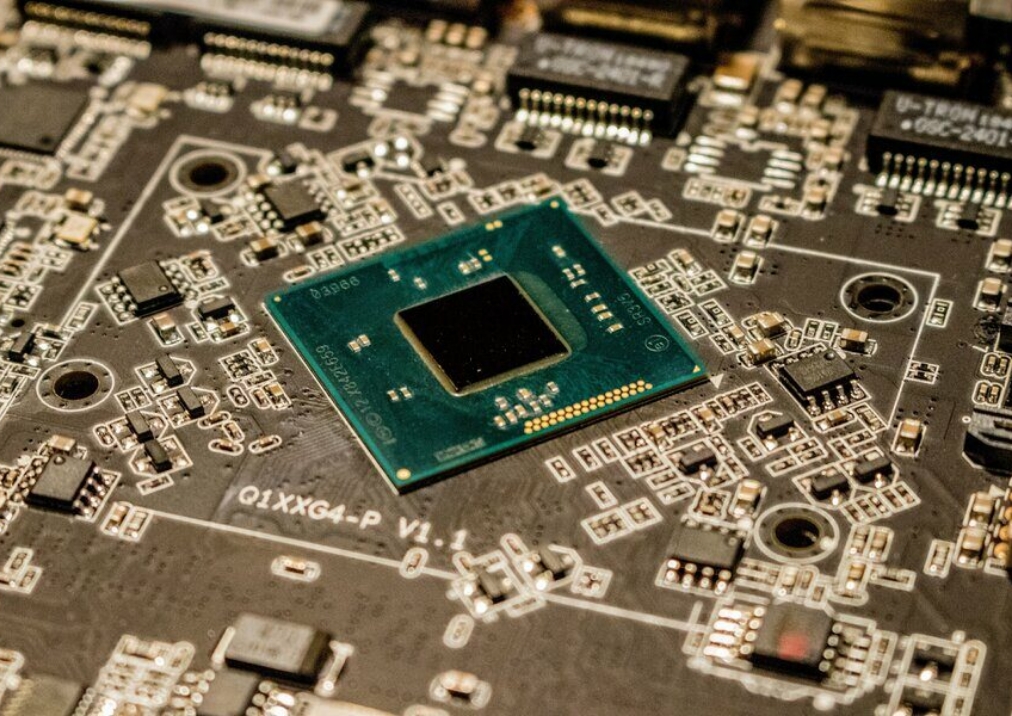
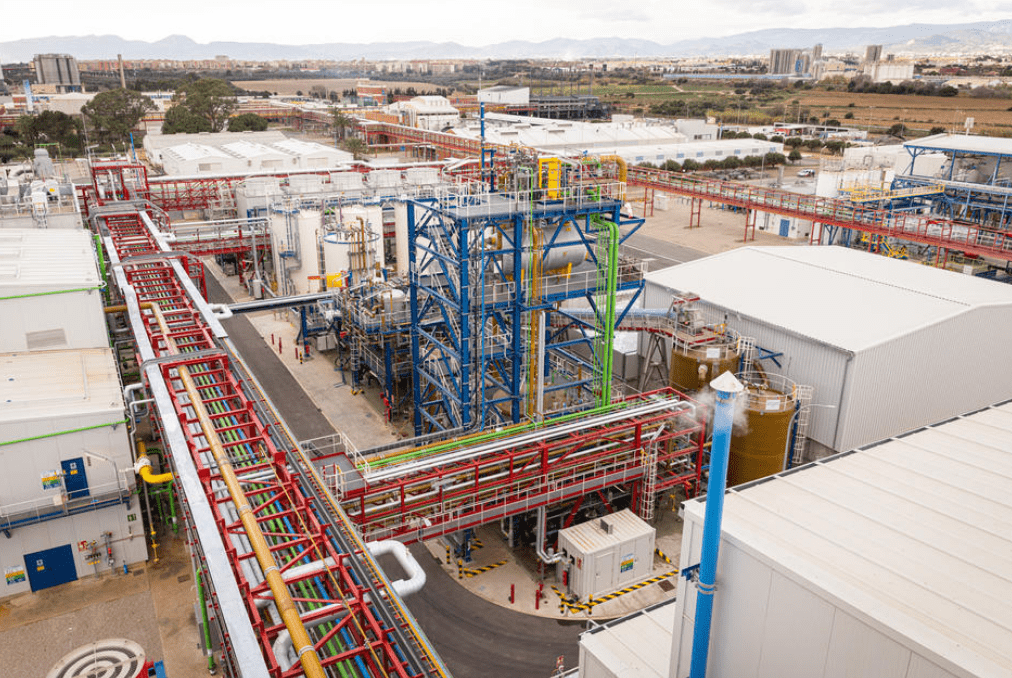

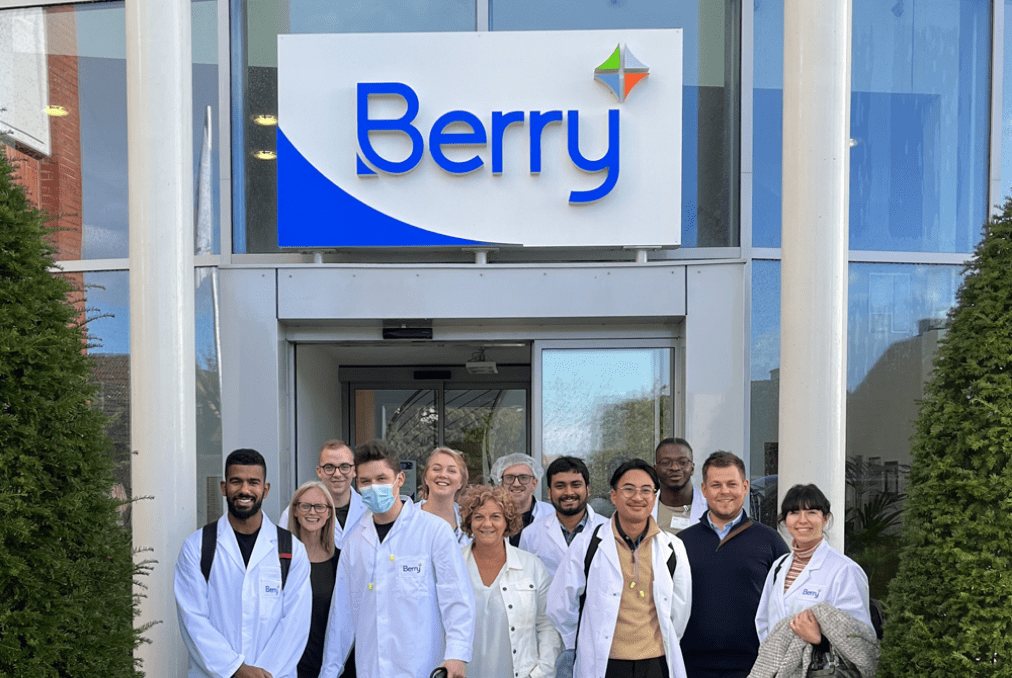
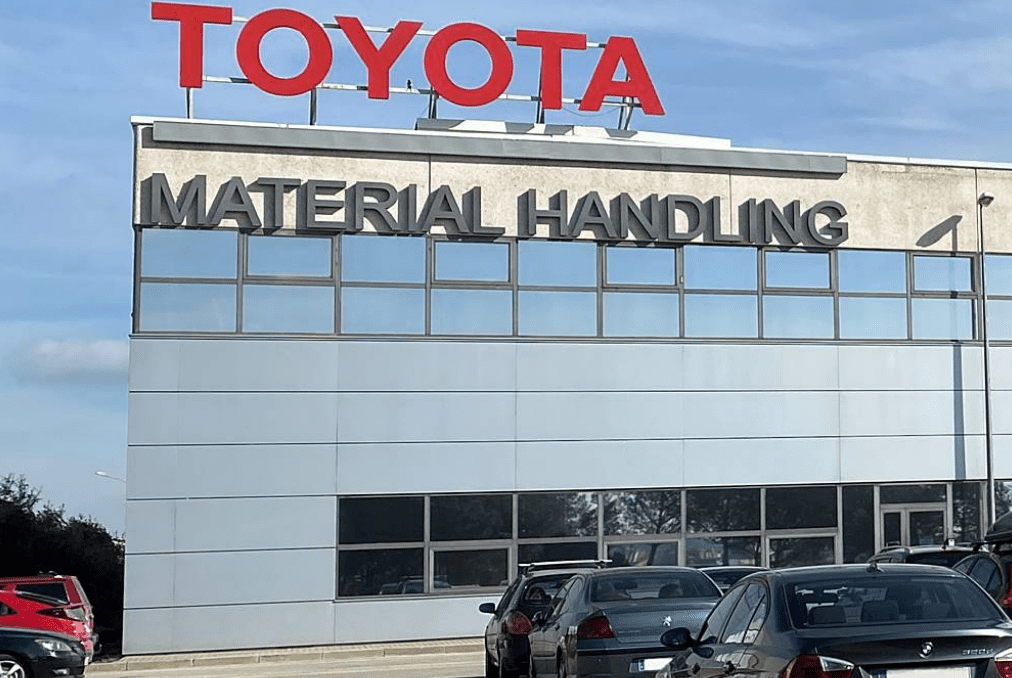


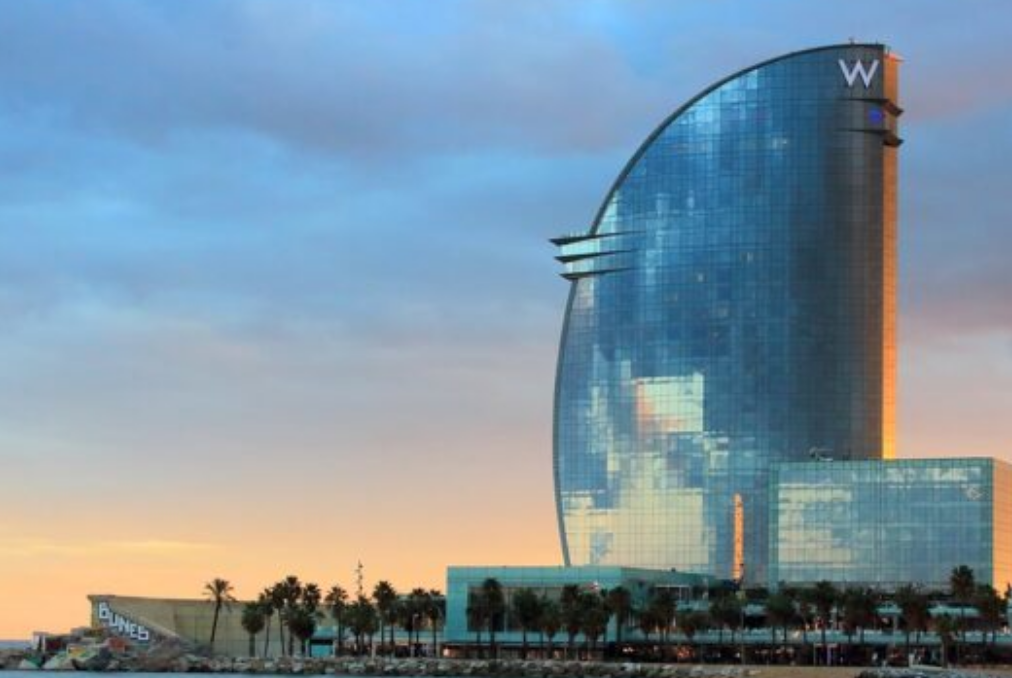
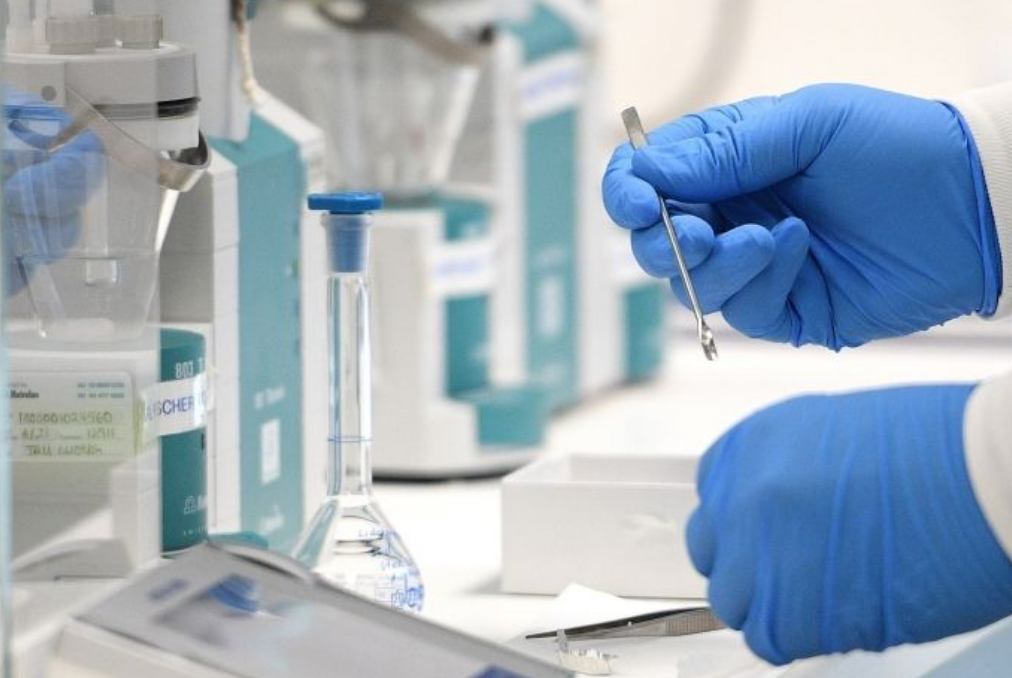
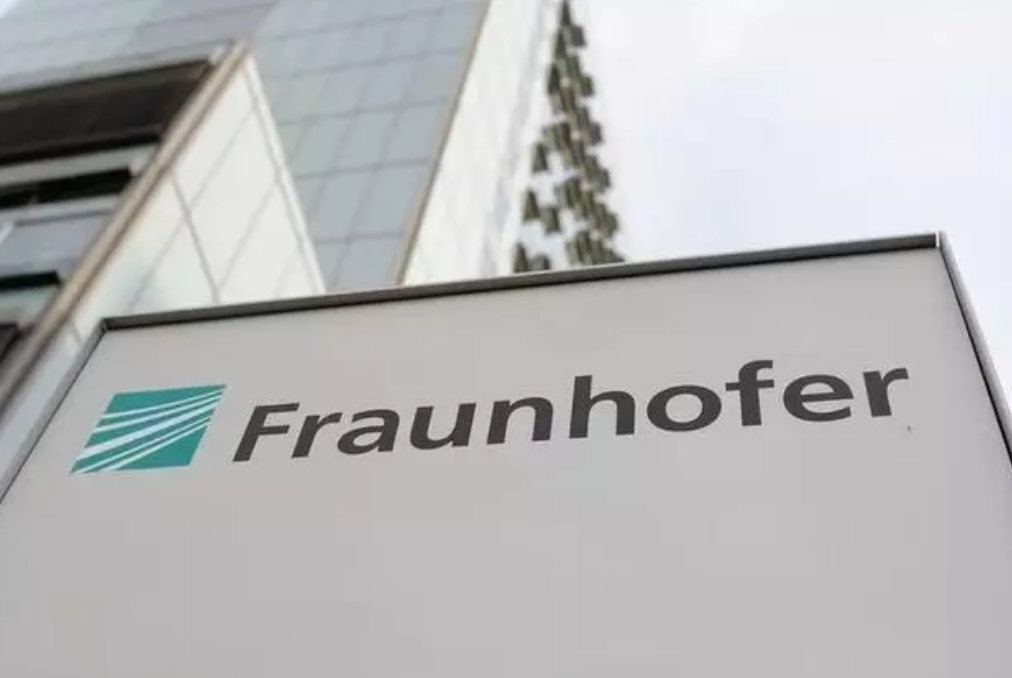

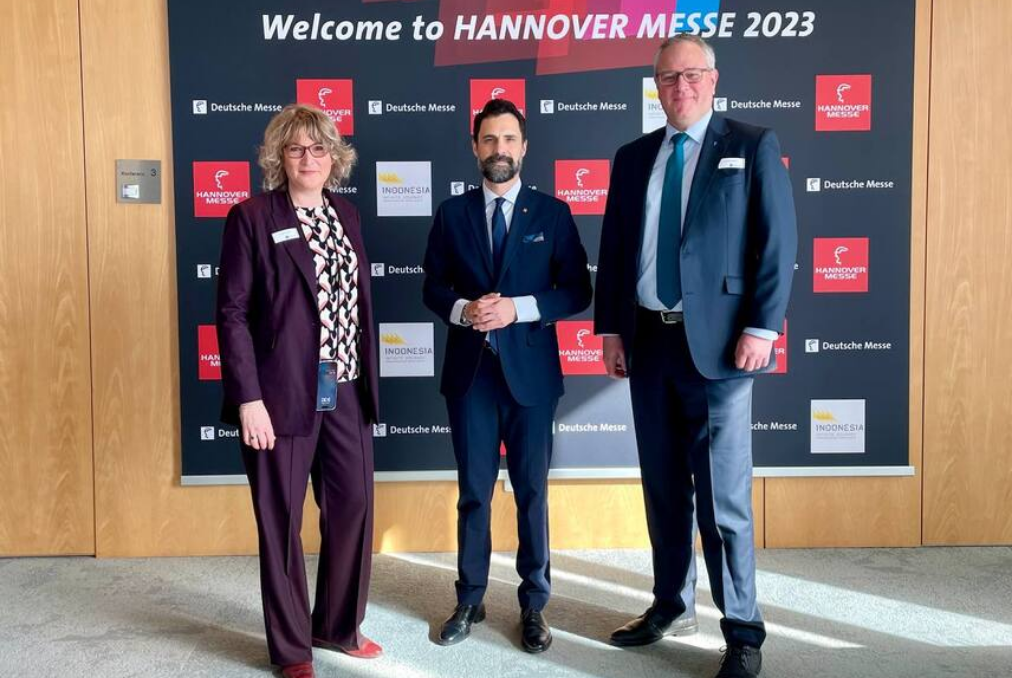
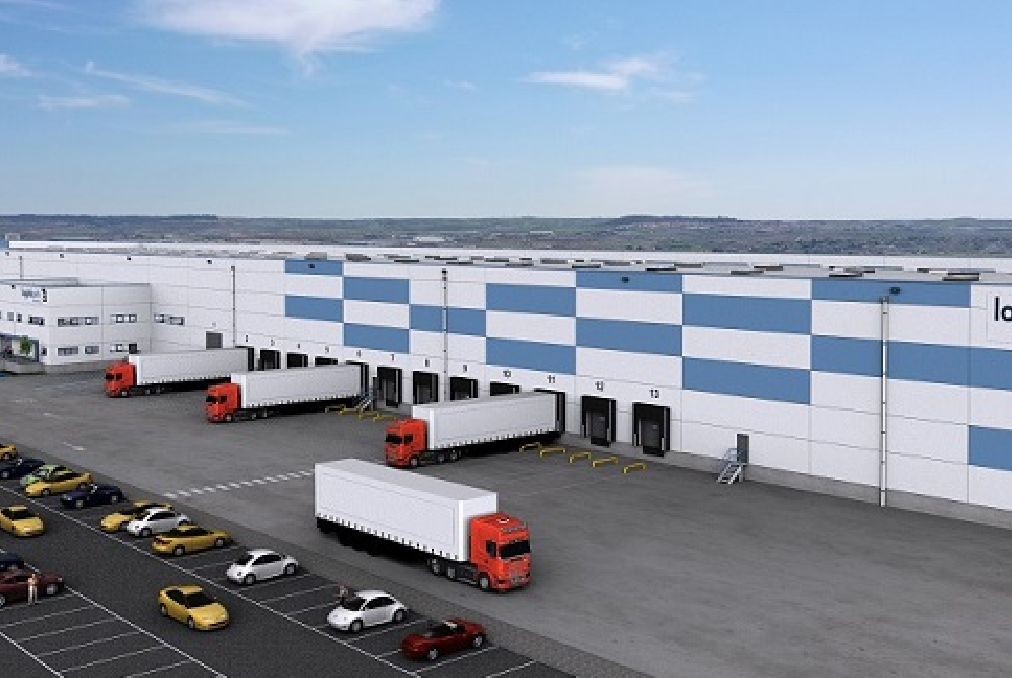
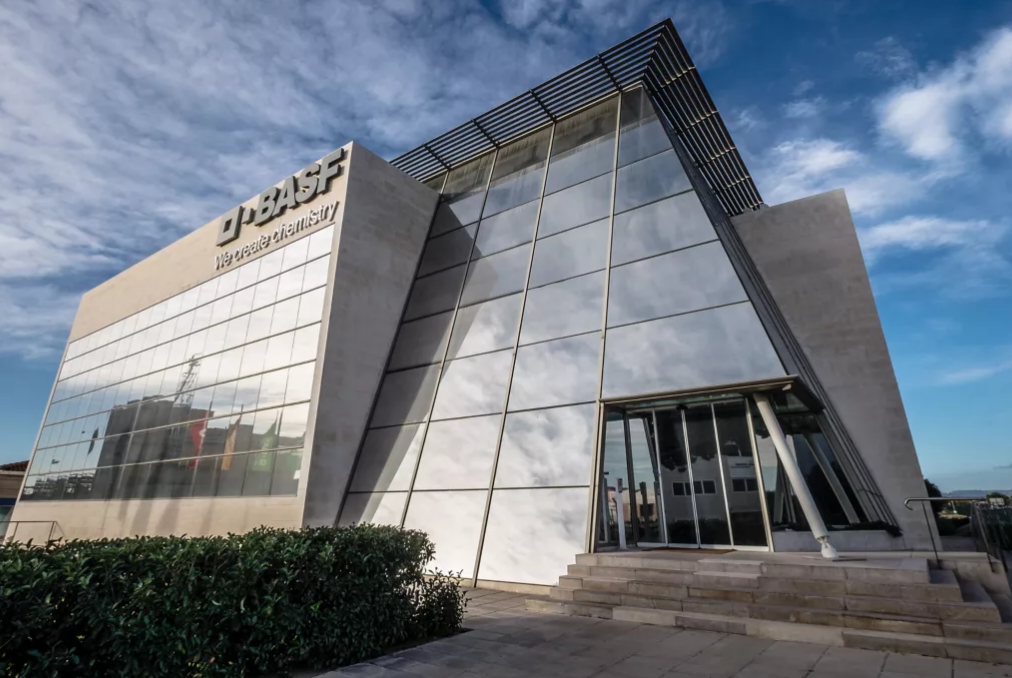
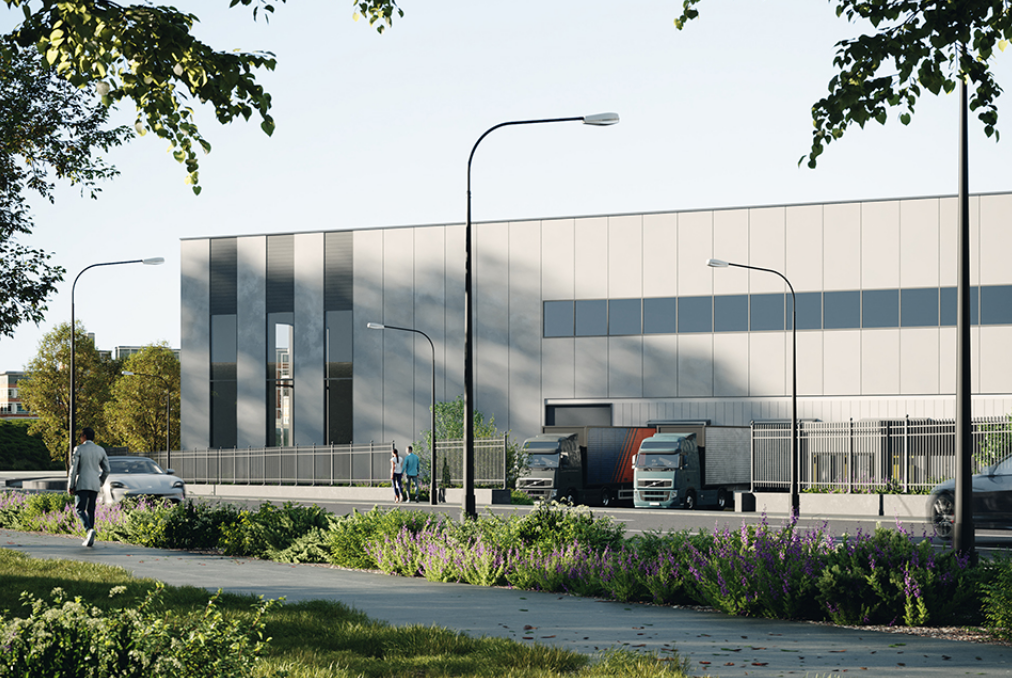
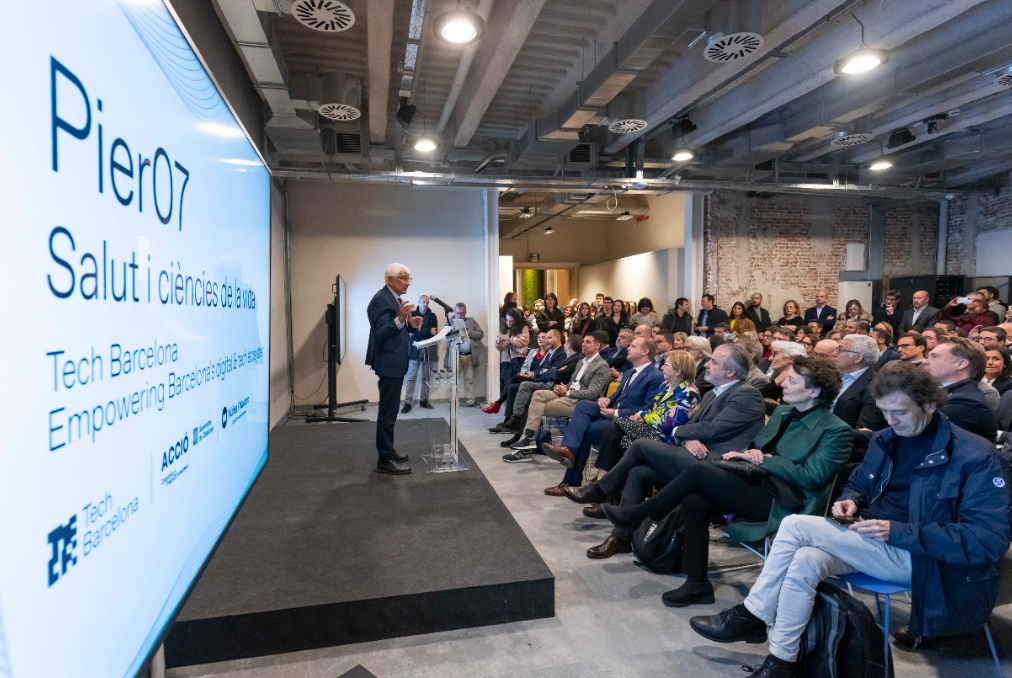
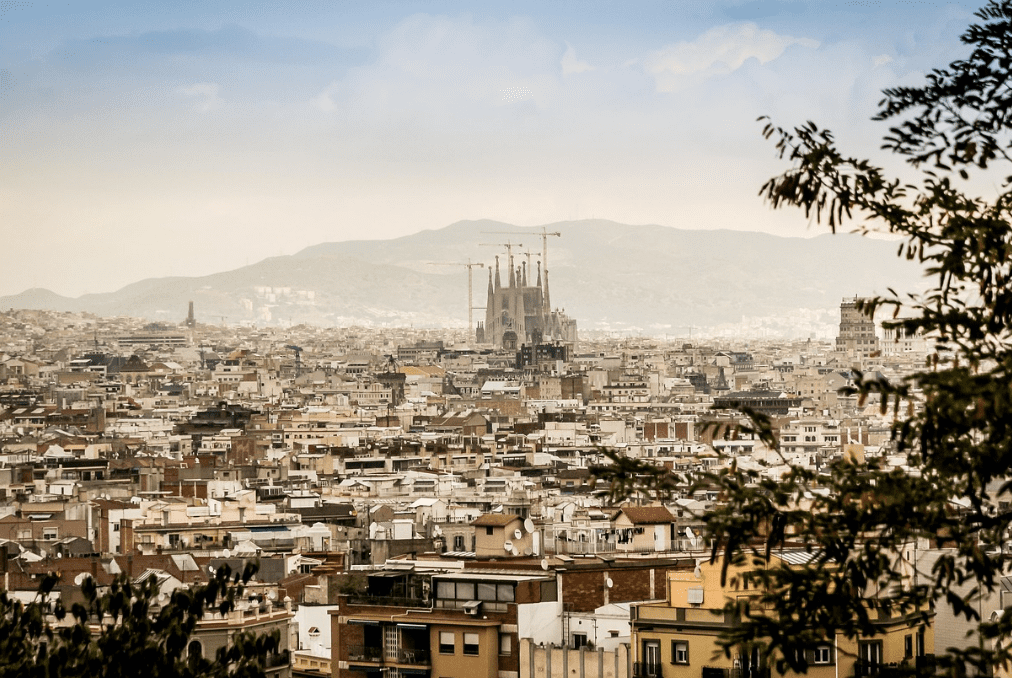

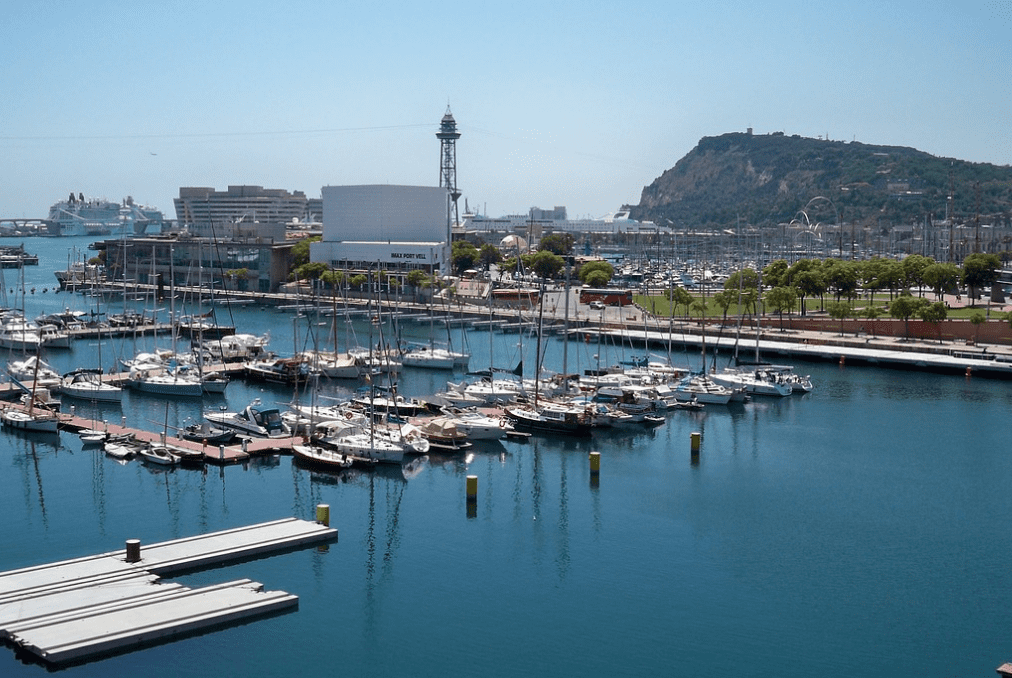
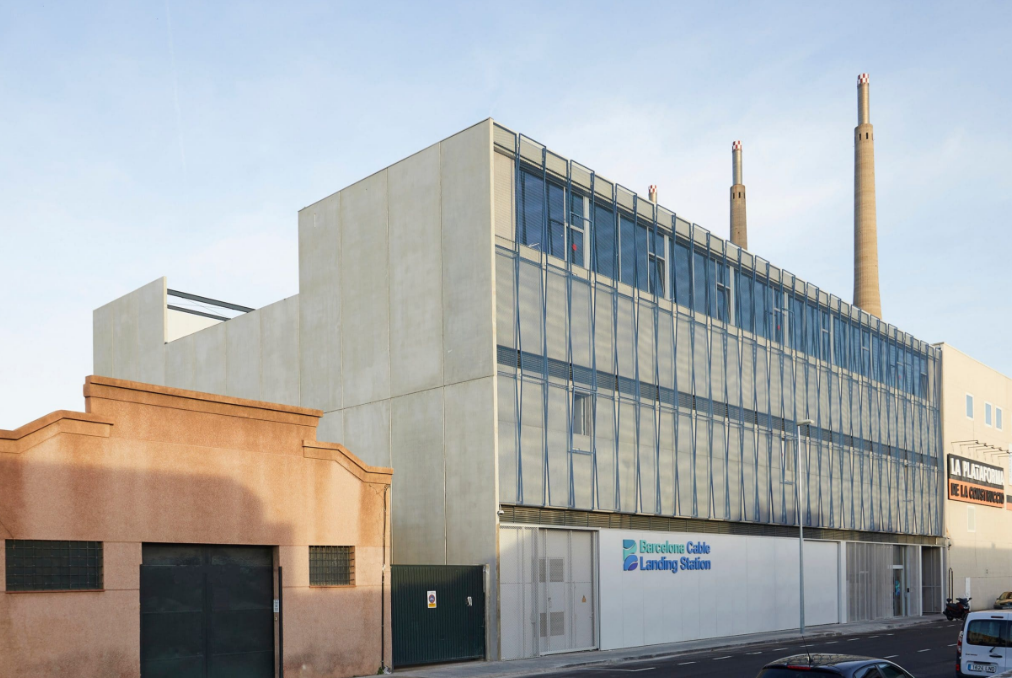


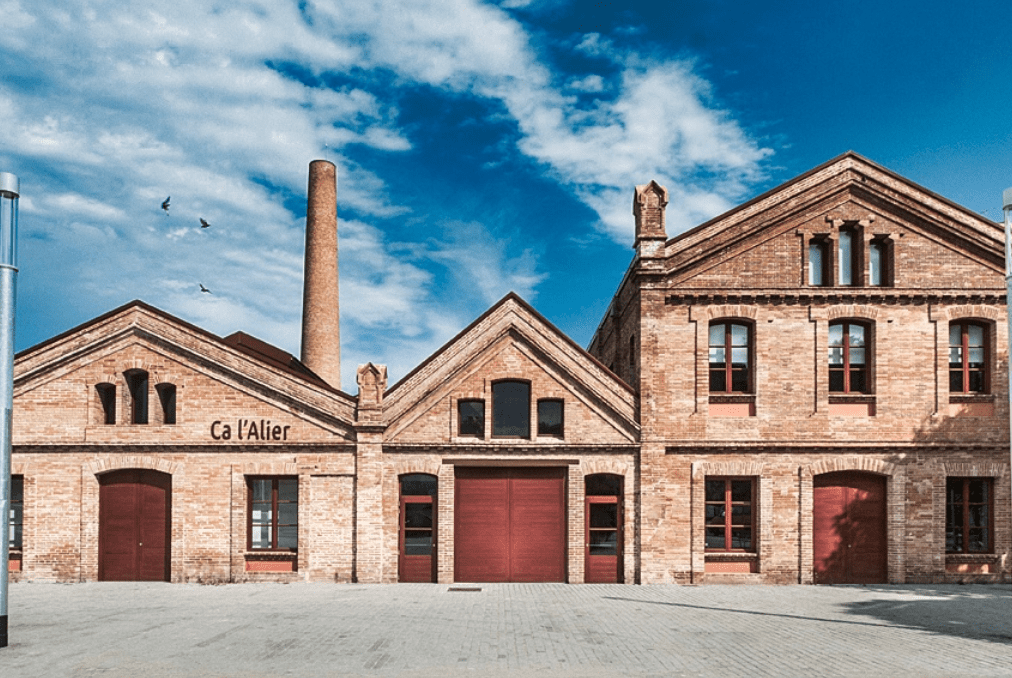
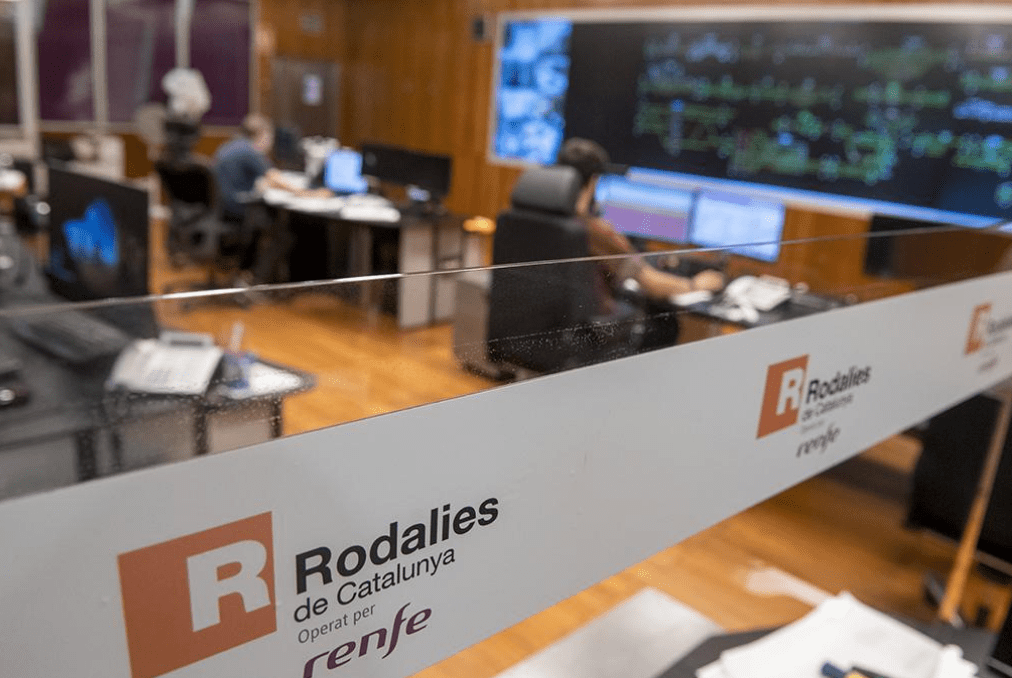
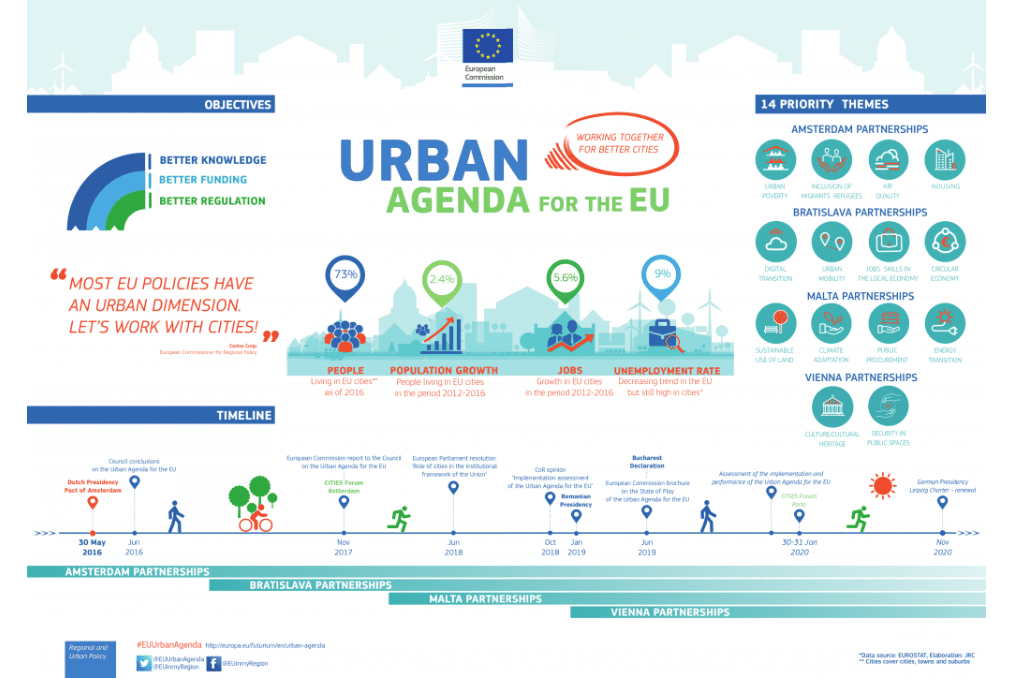

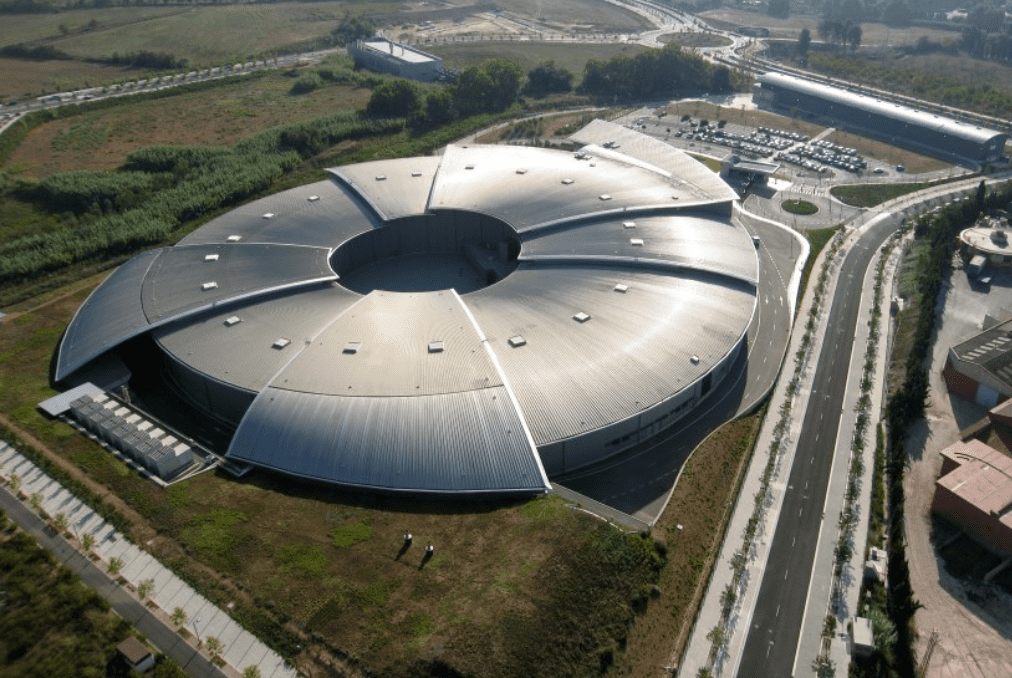
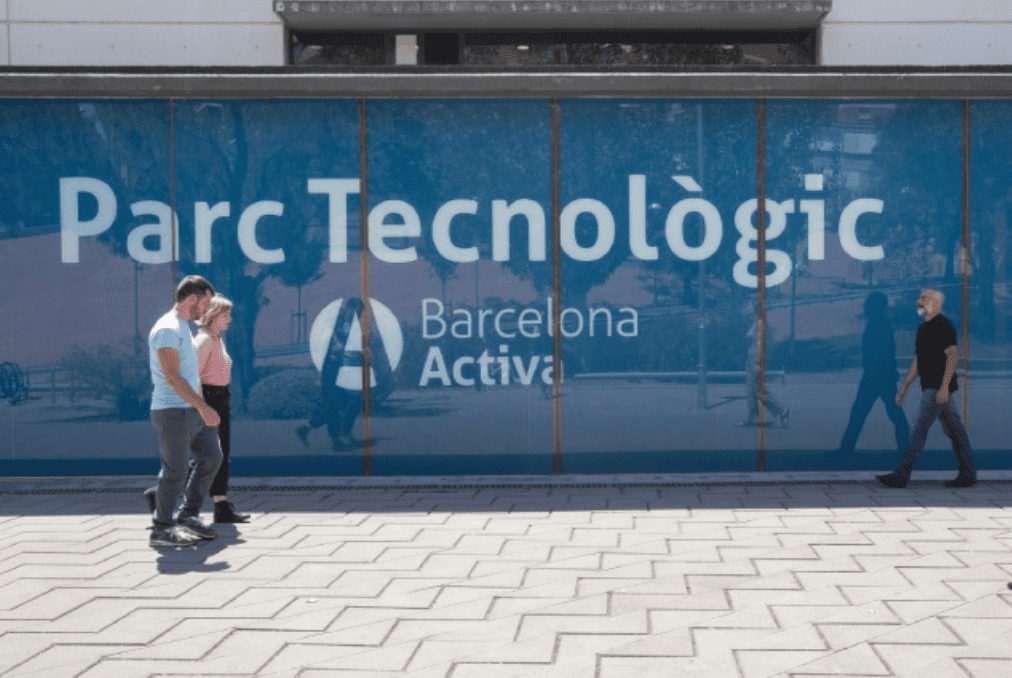
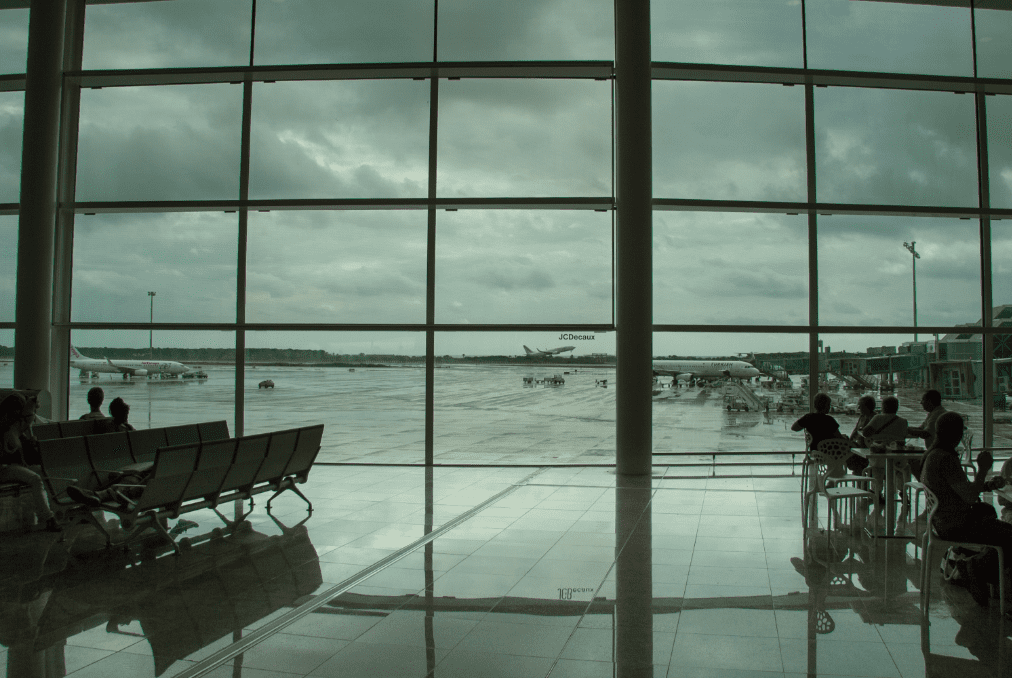
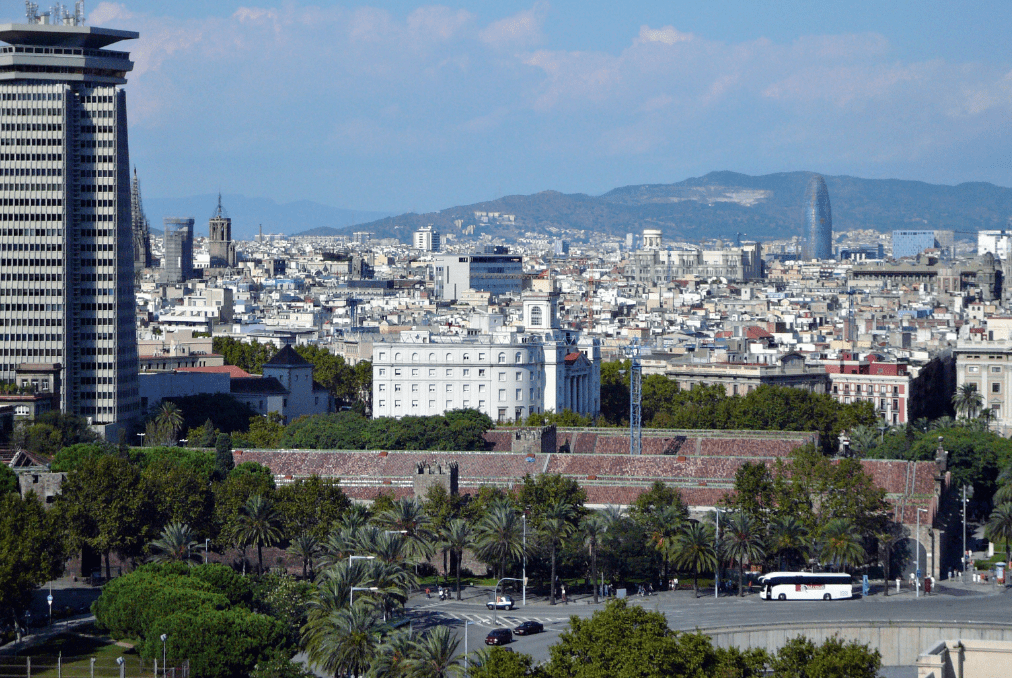
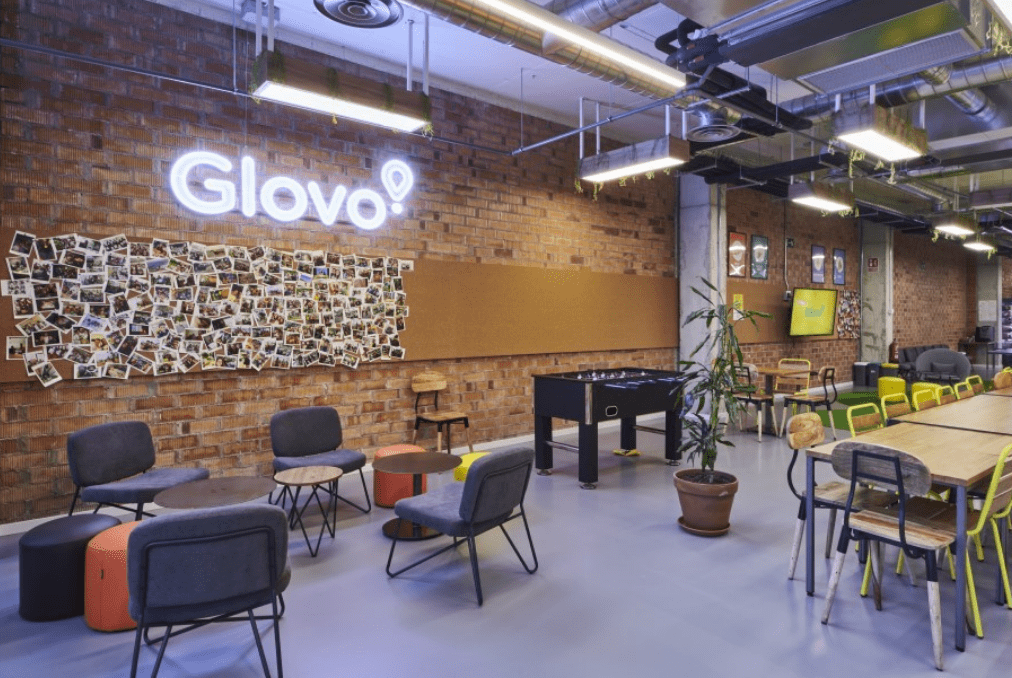
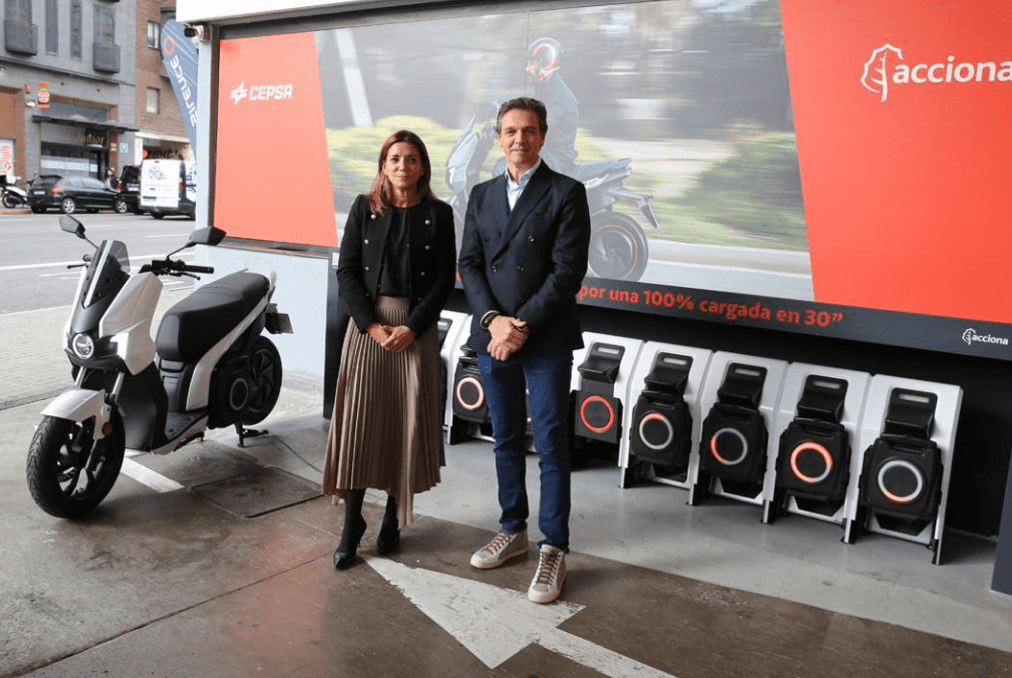


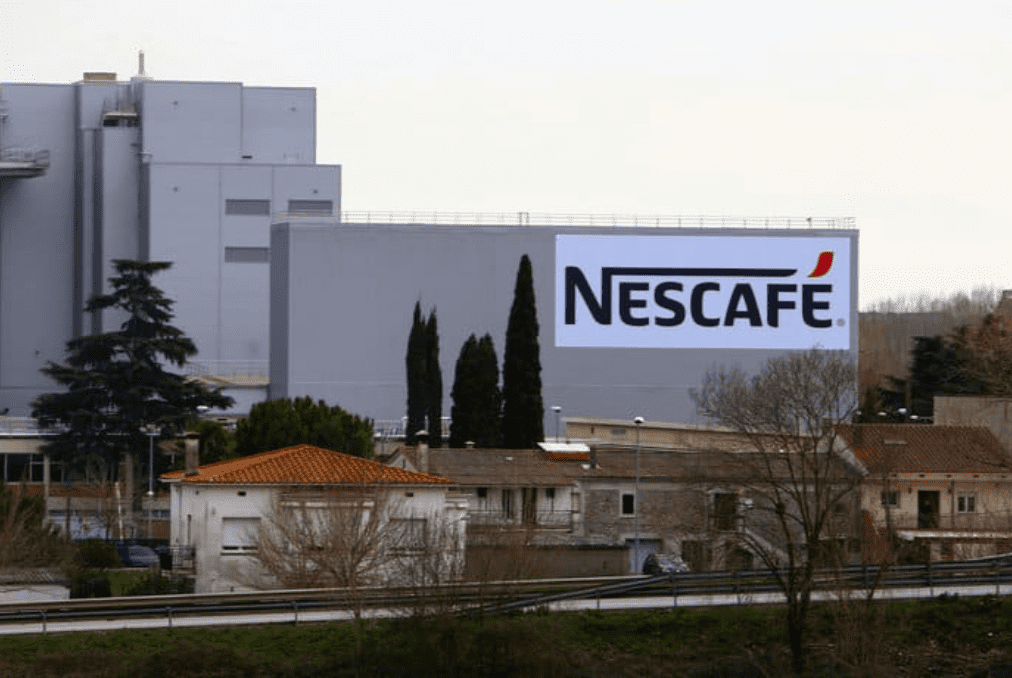
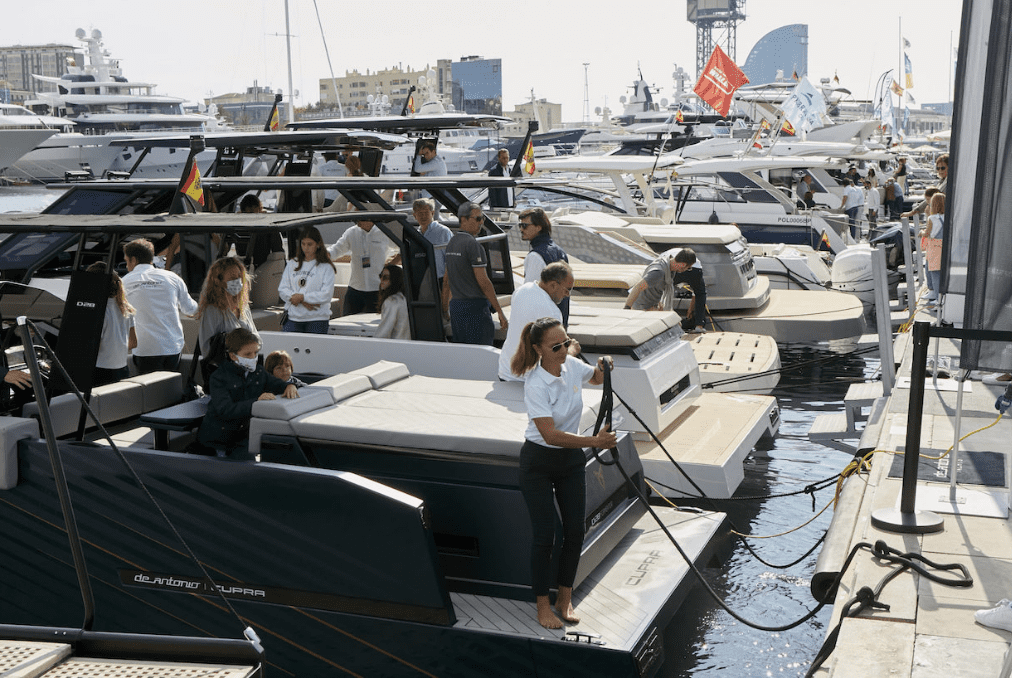
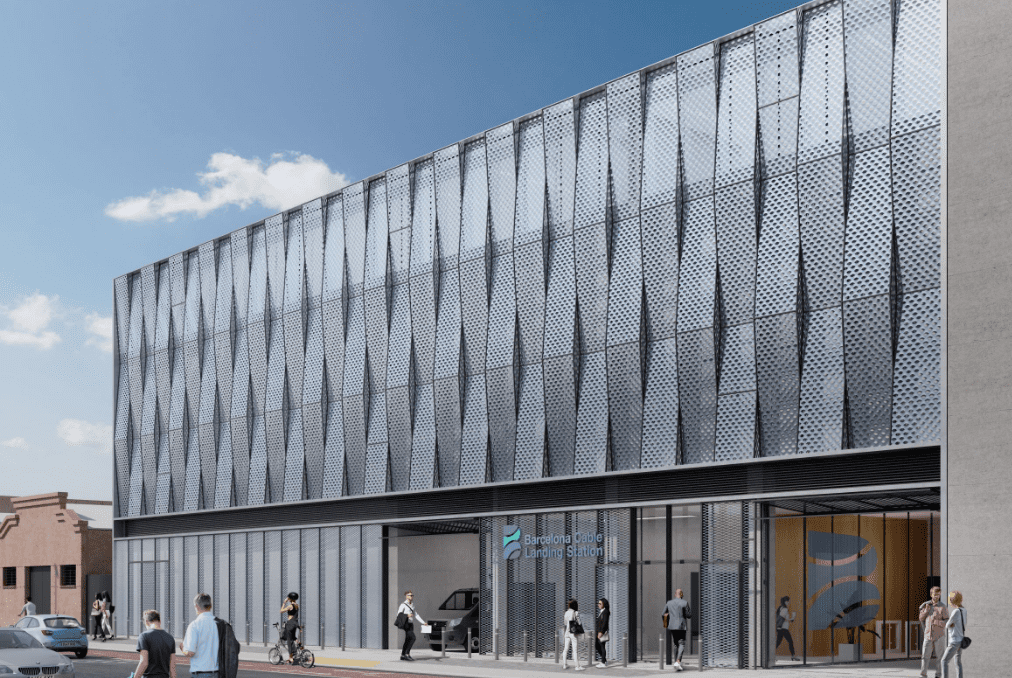
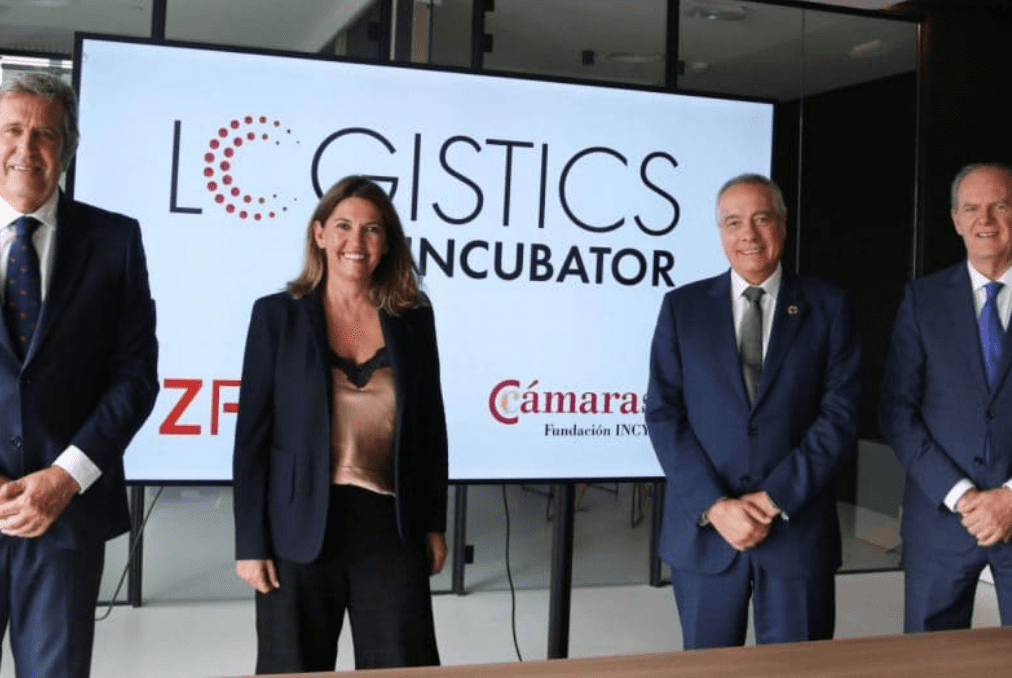
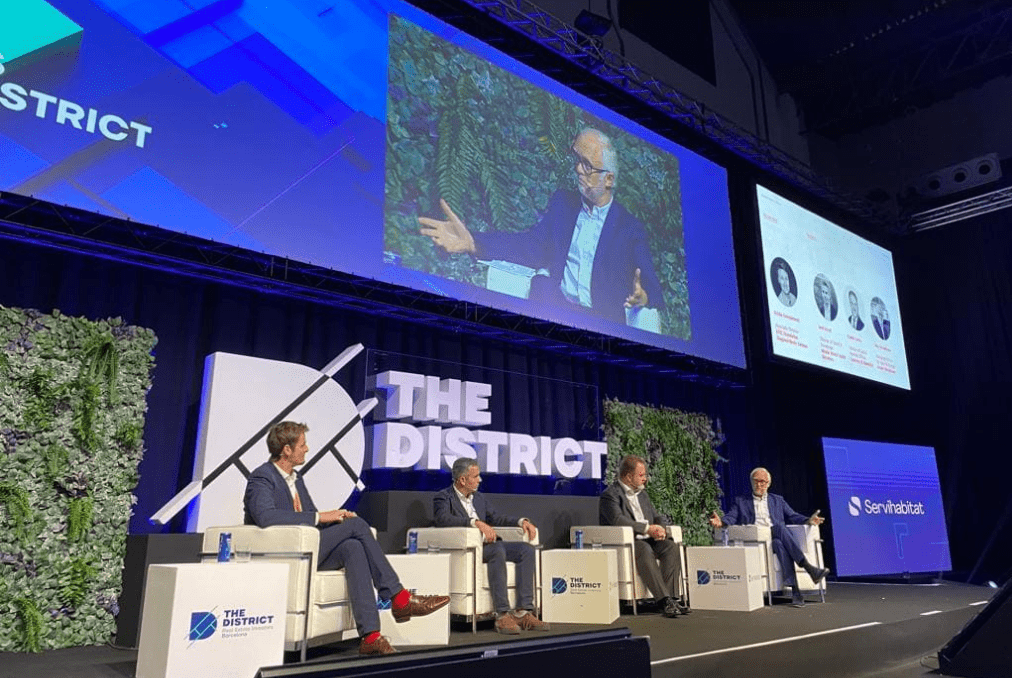
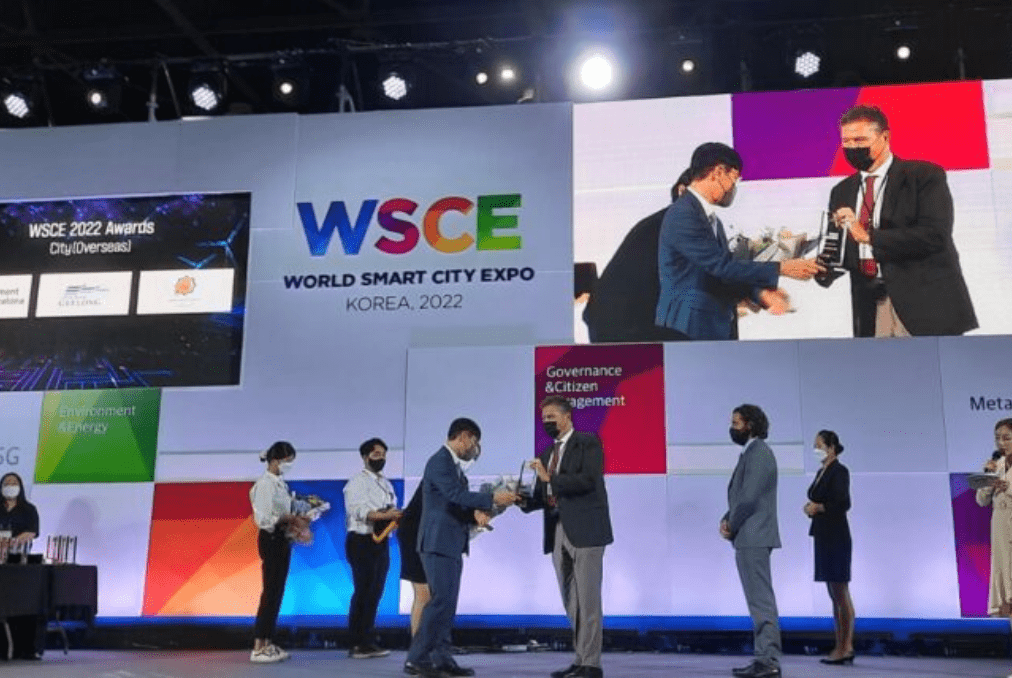
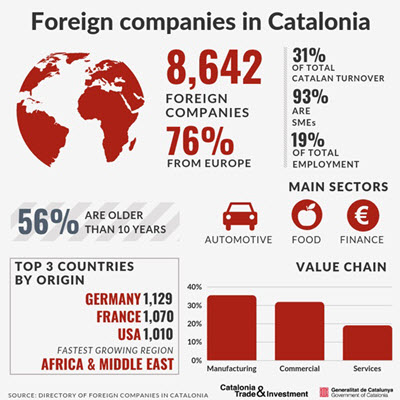

Subscribe our Newsletter
Subscribe
Follow us on social